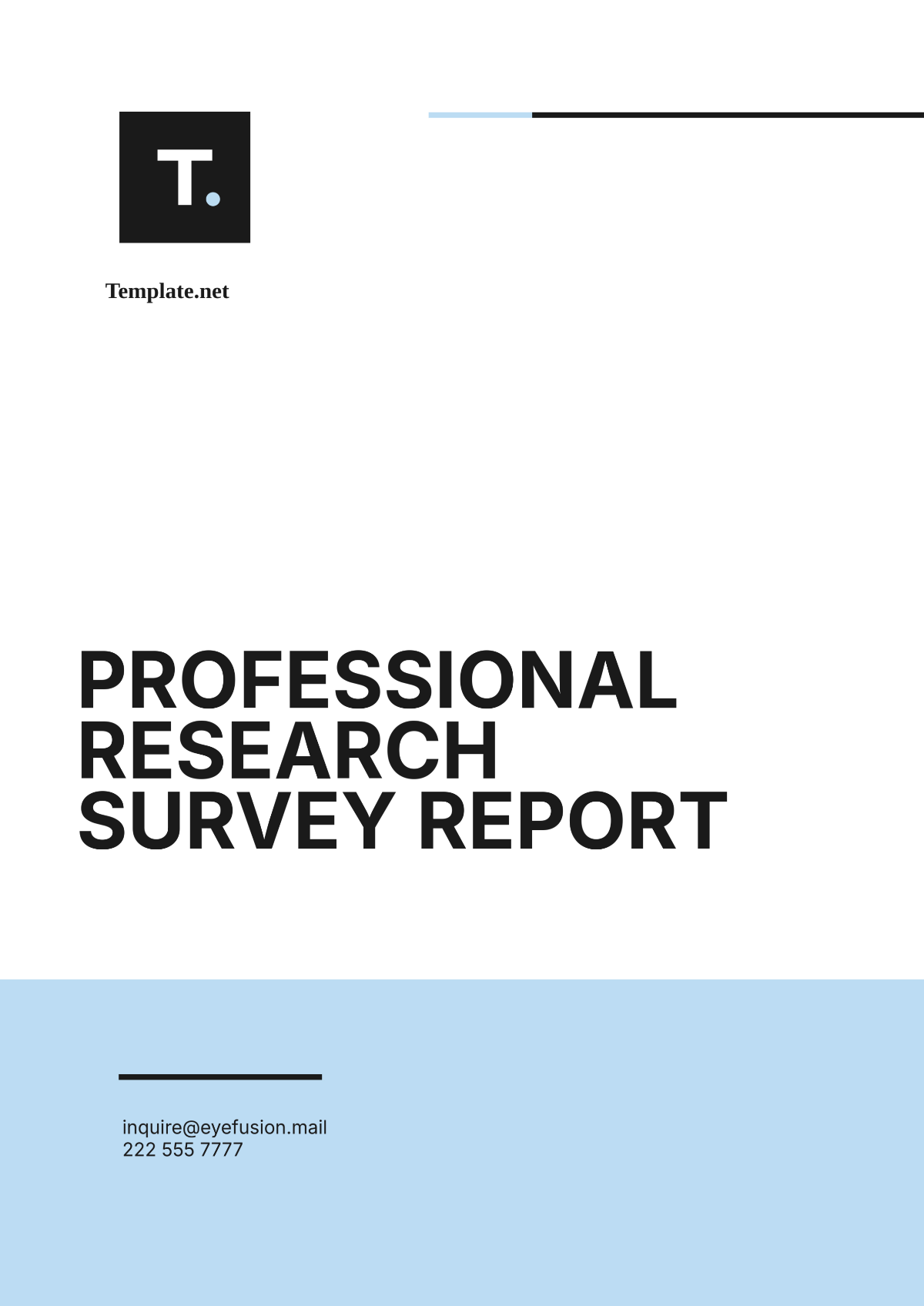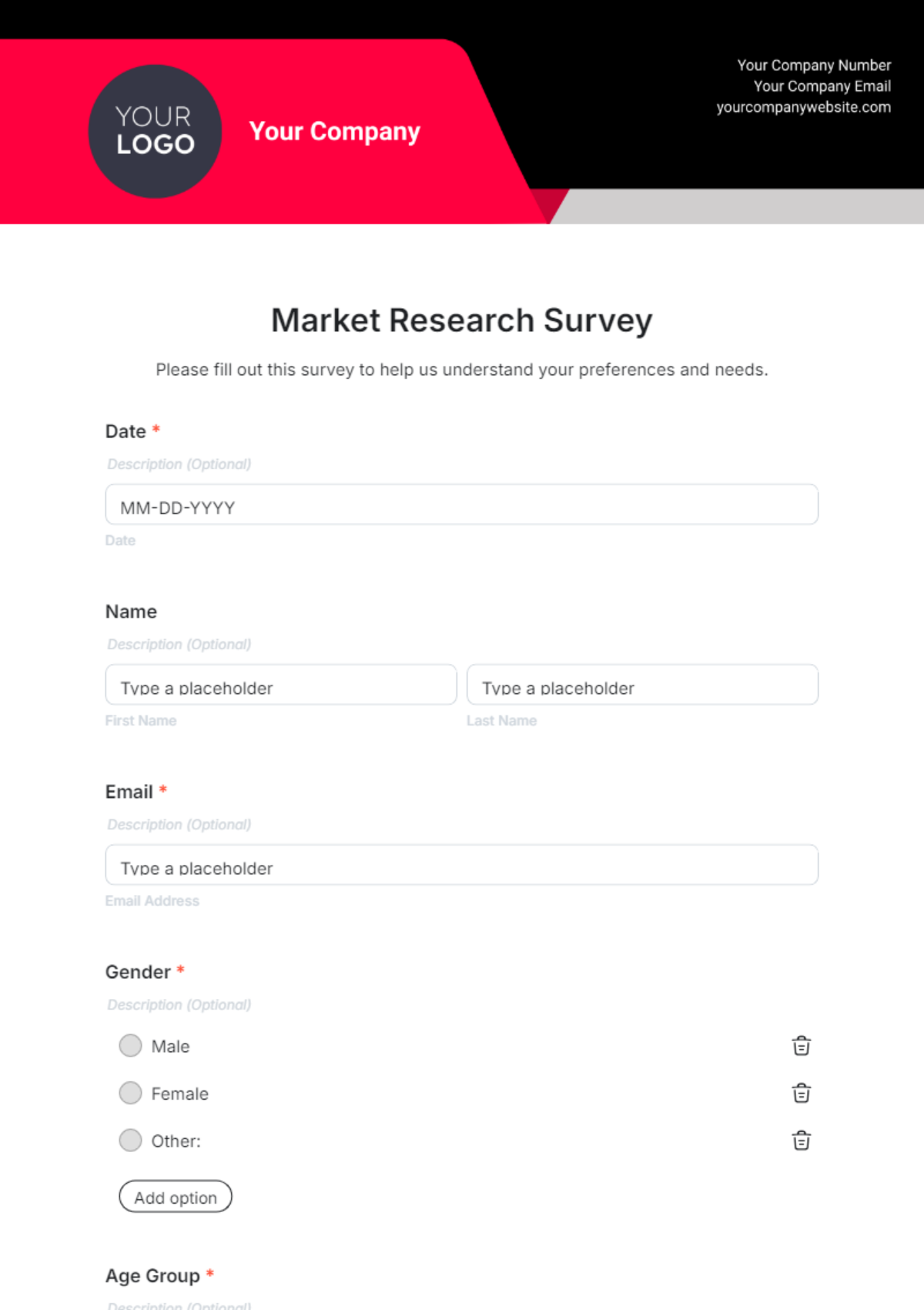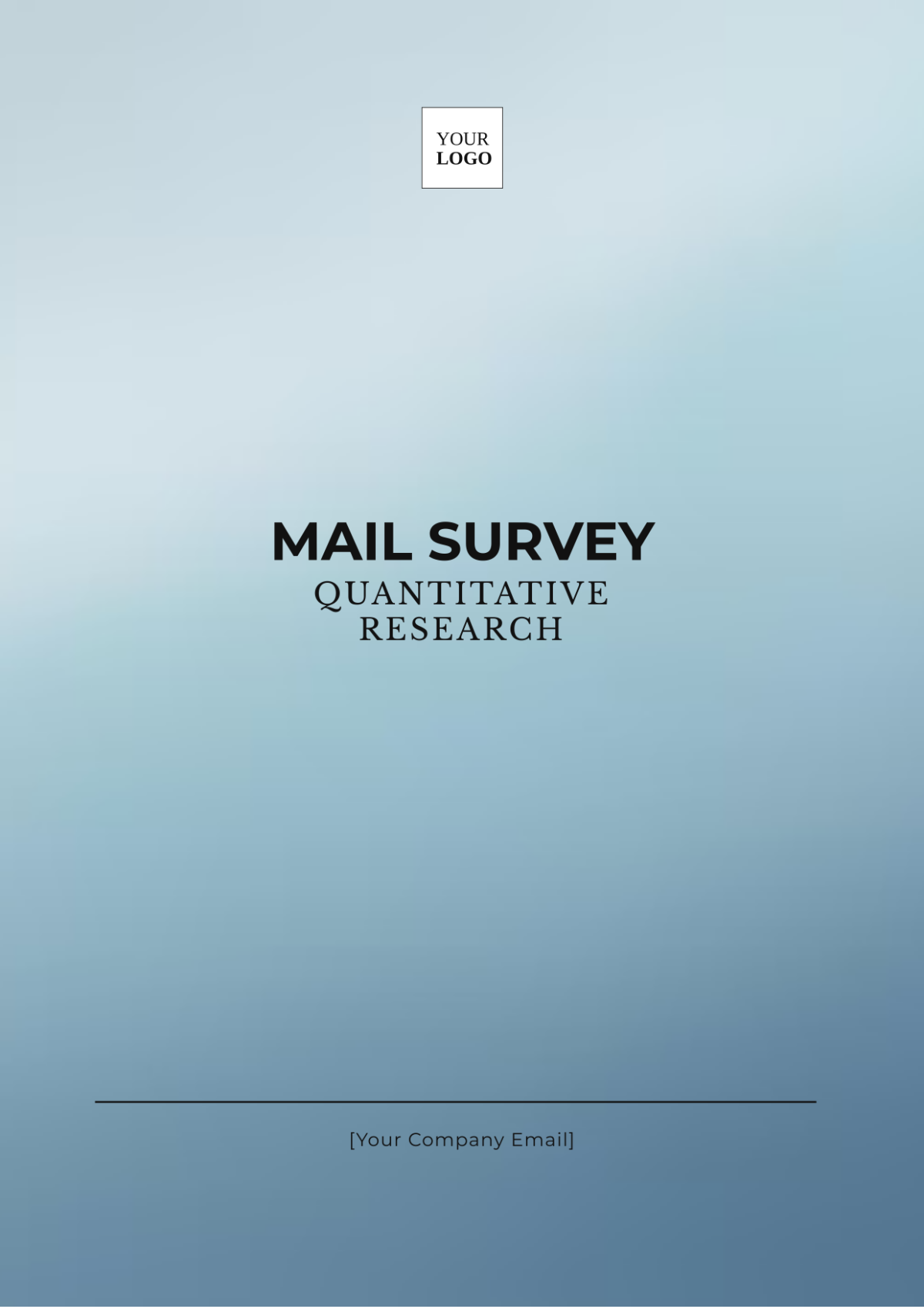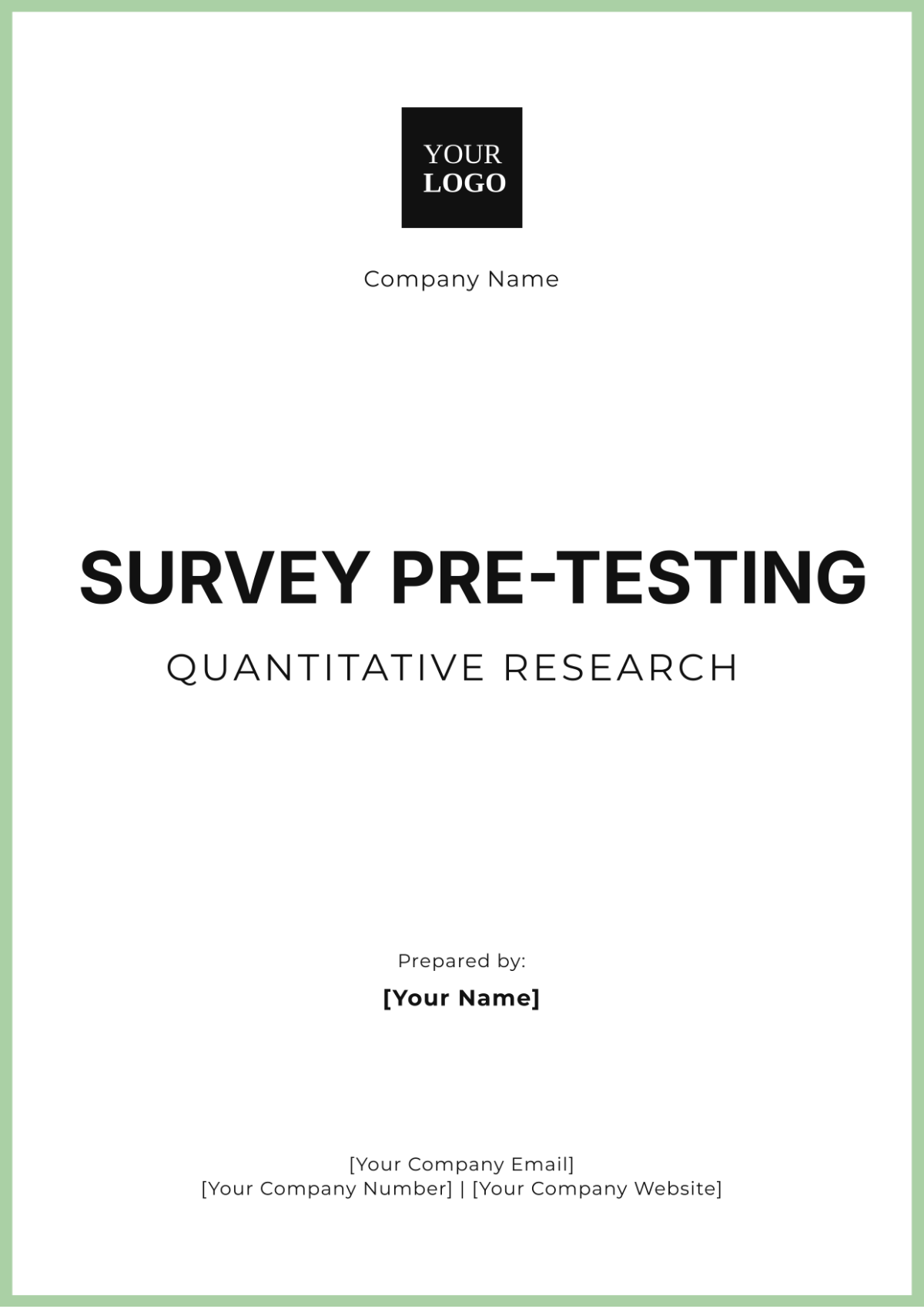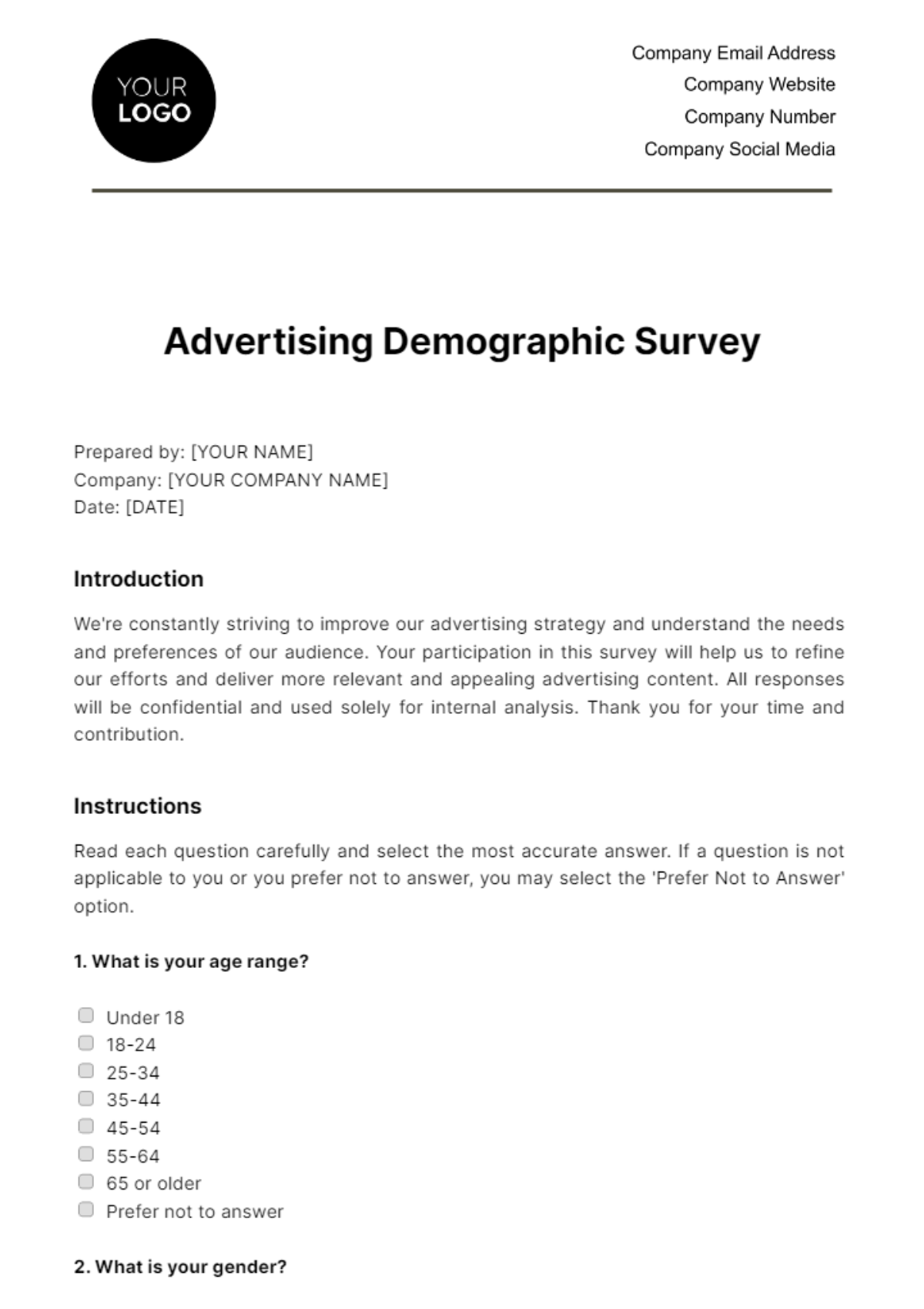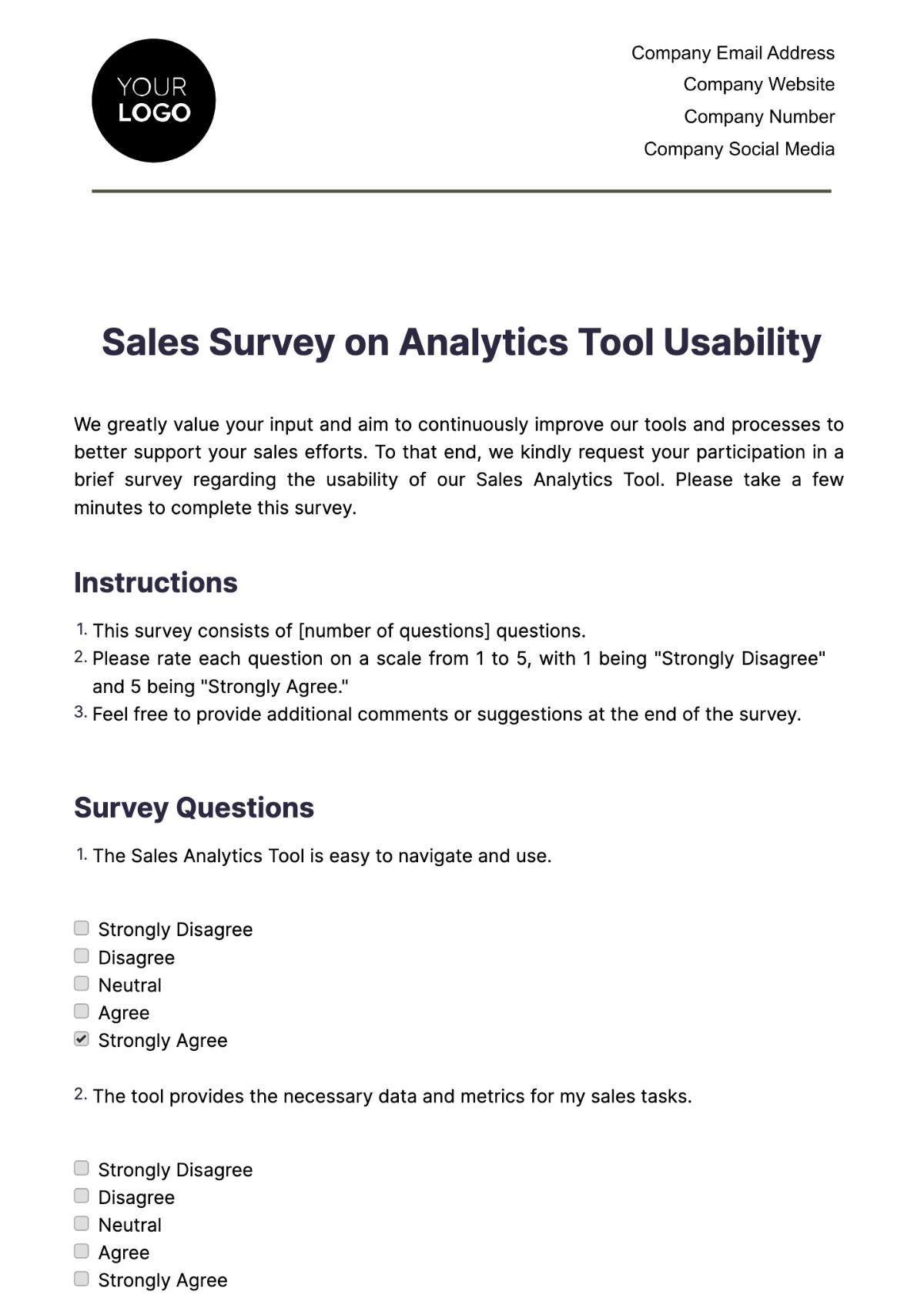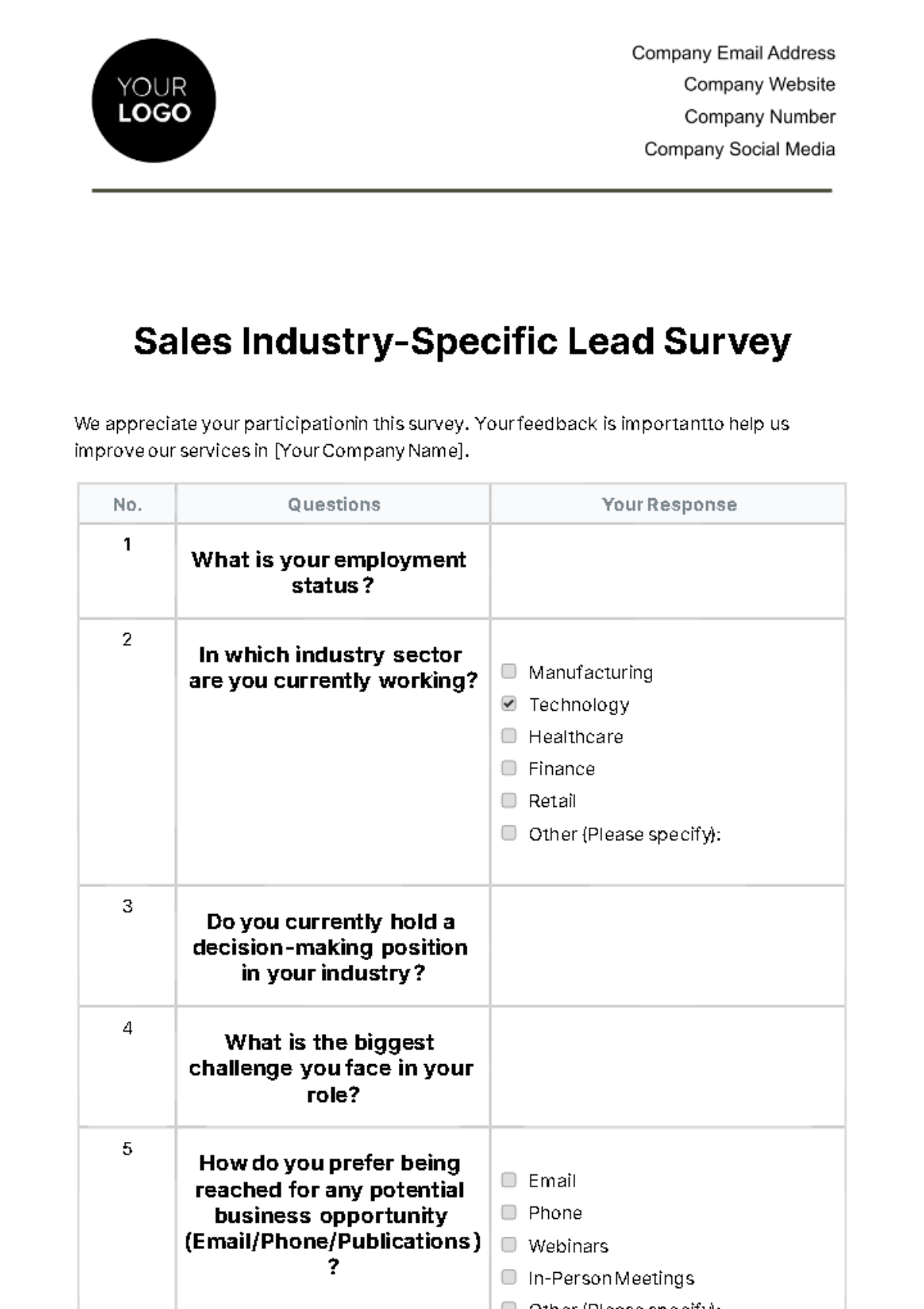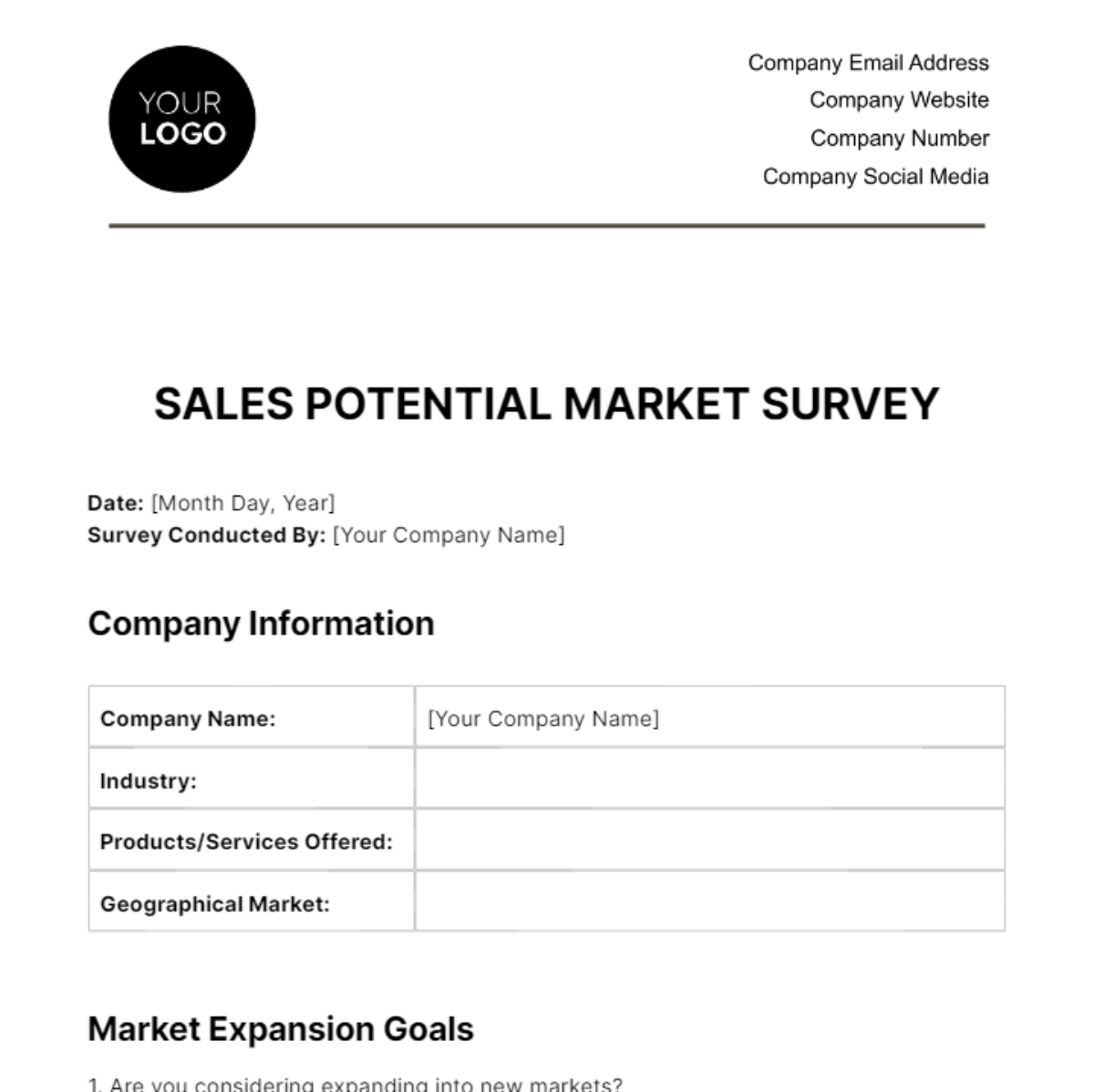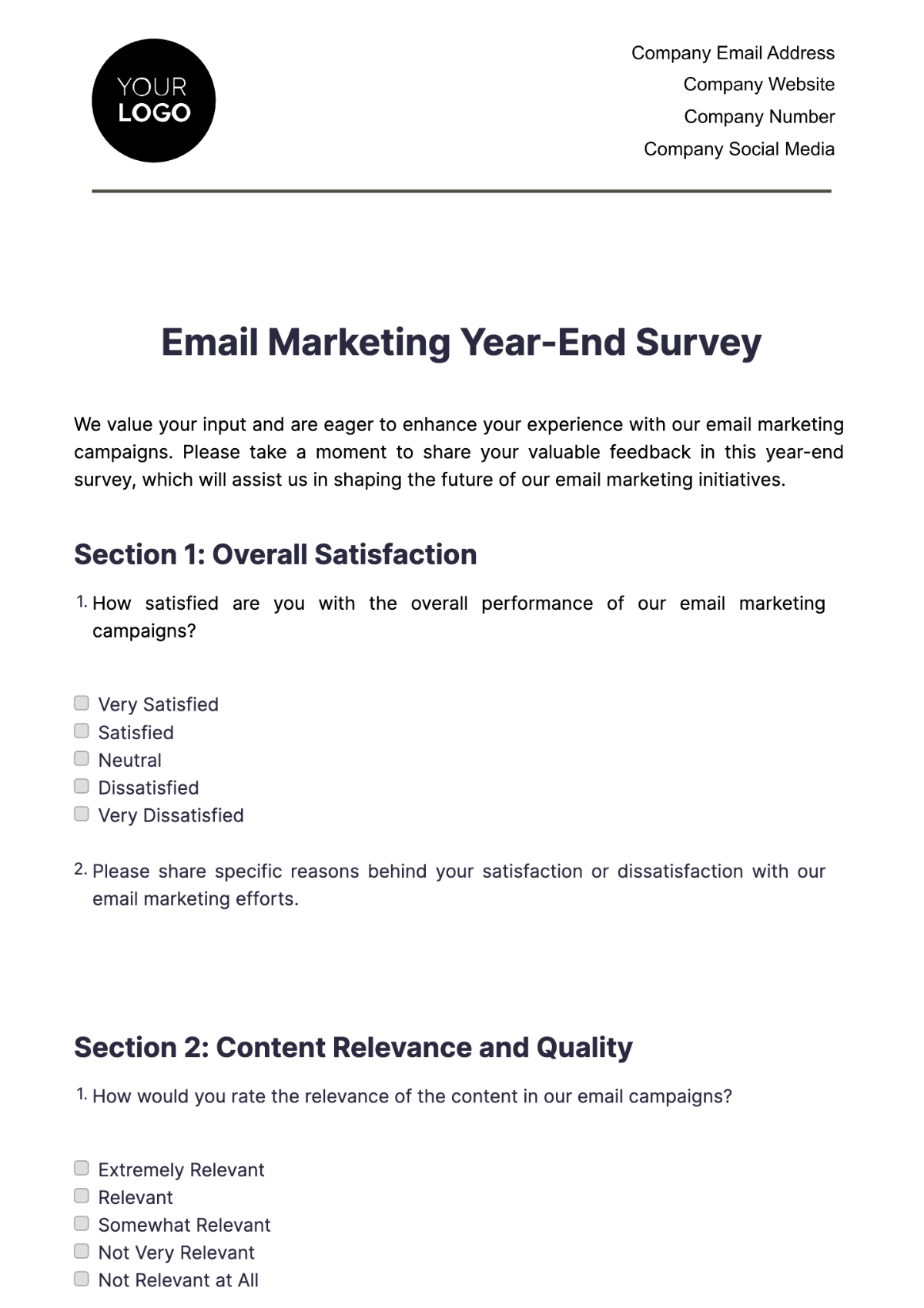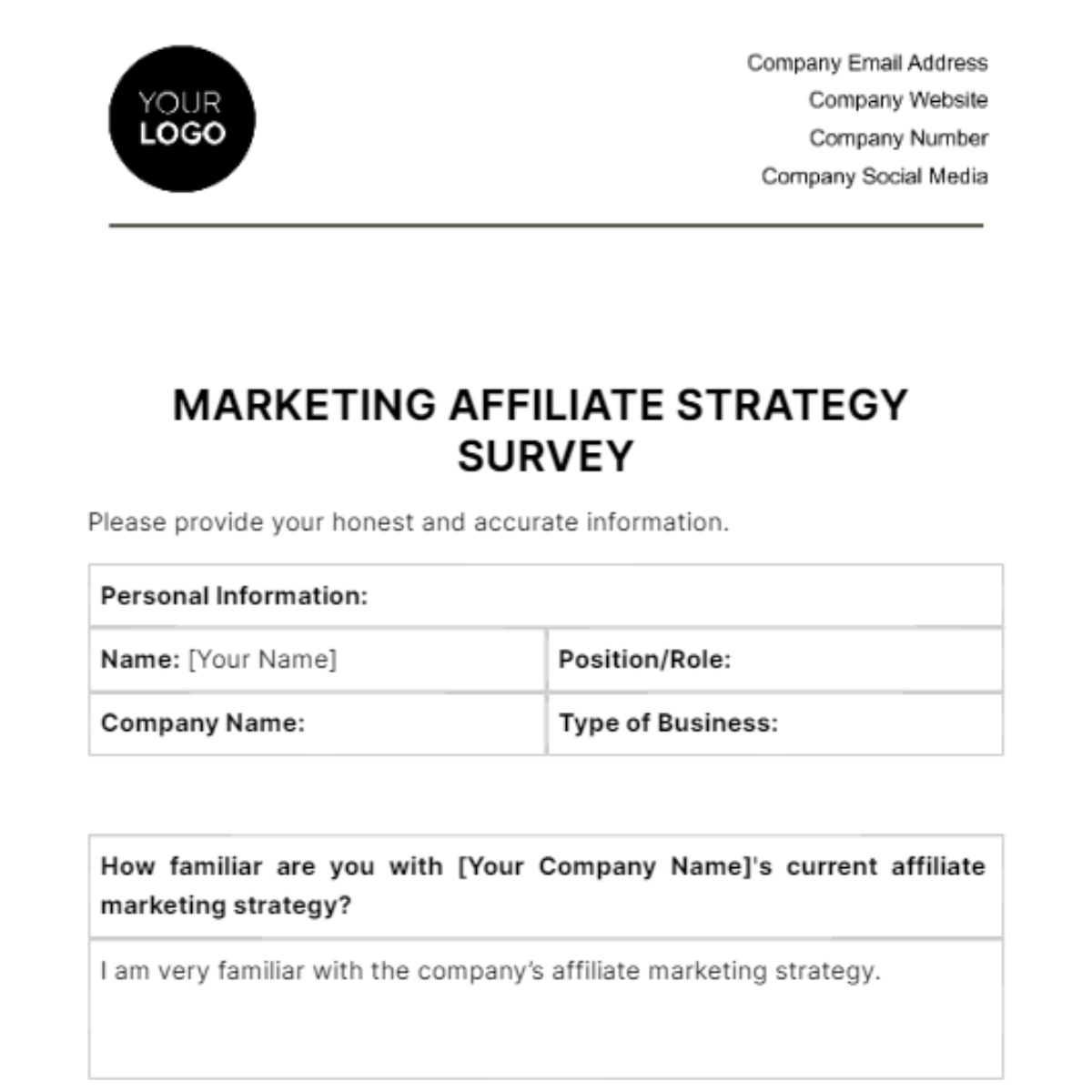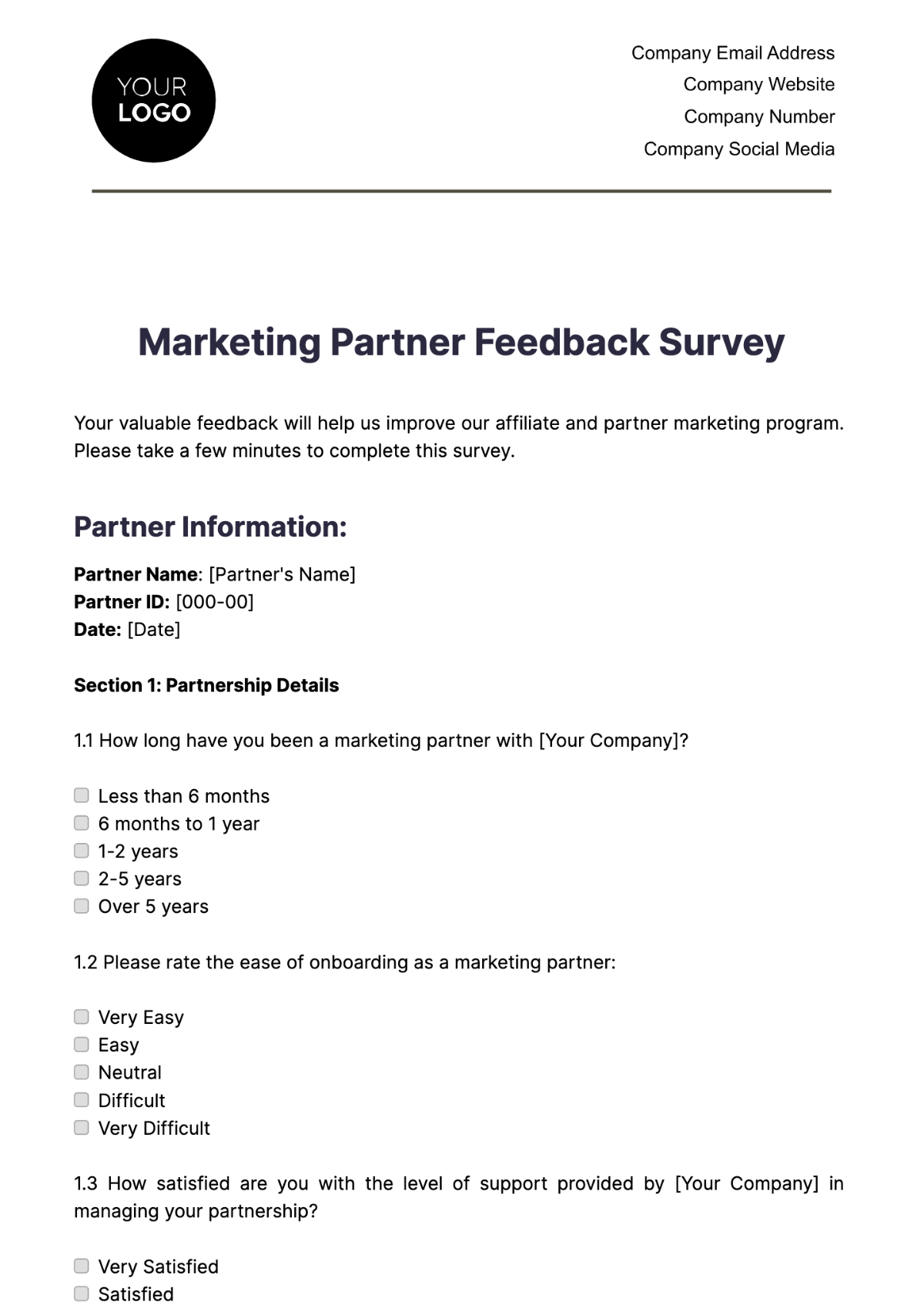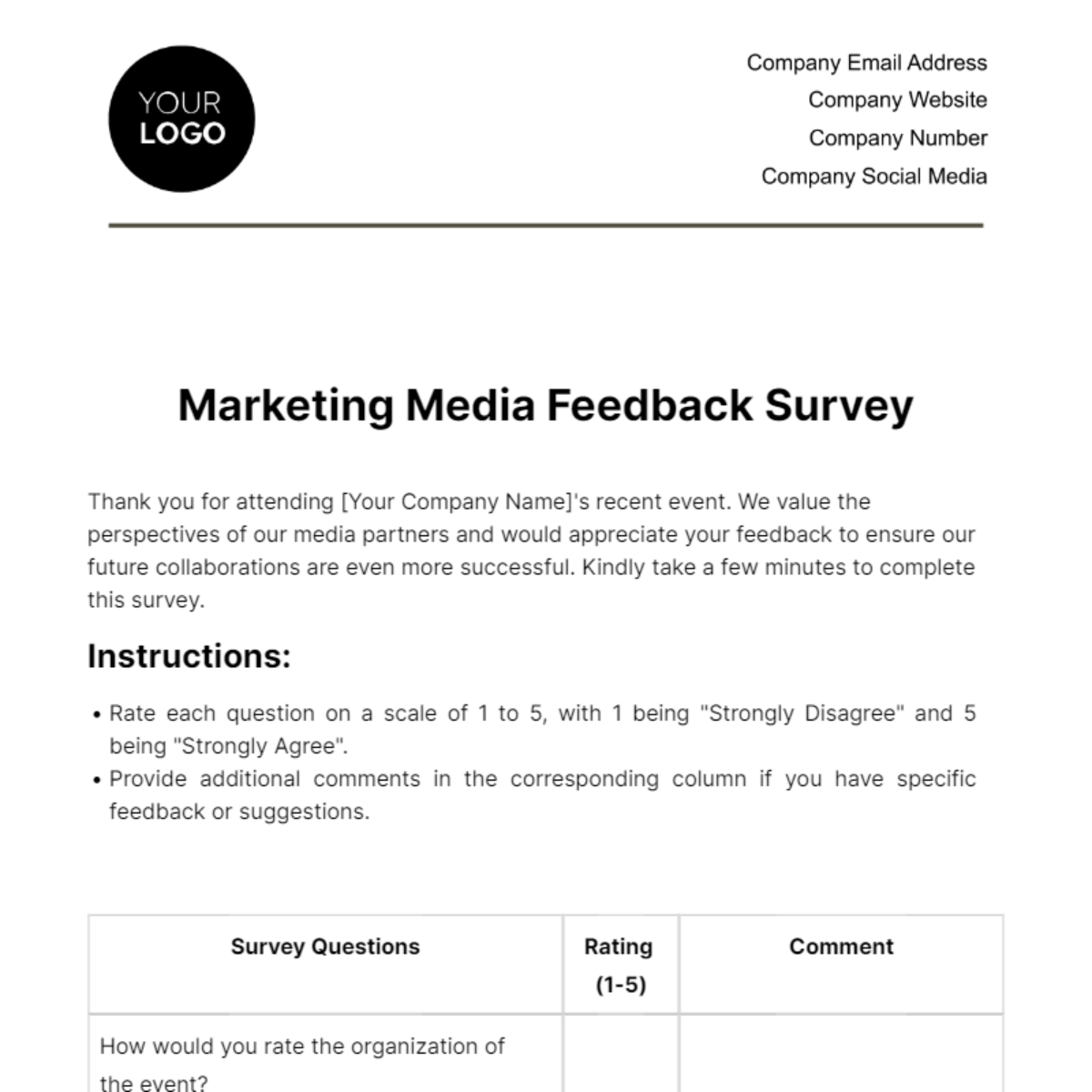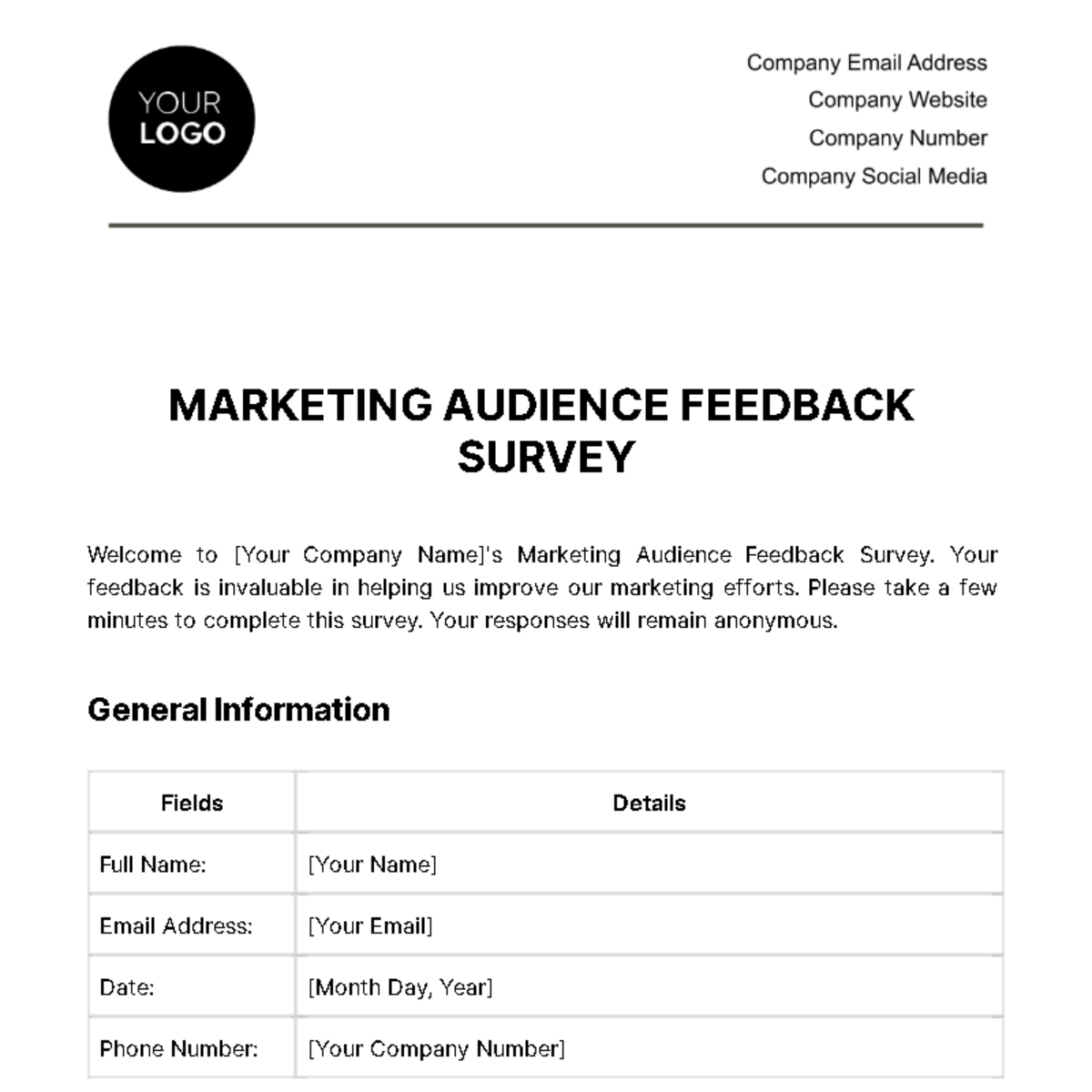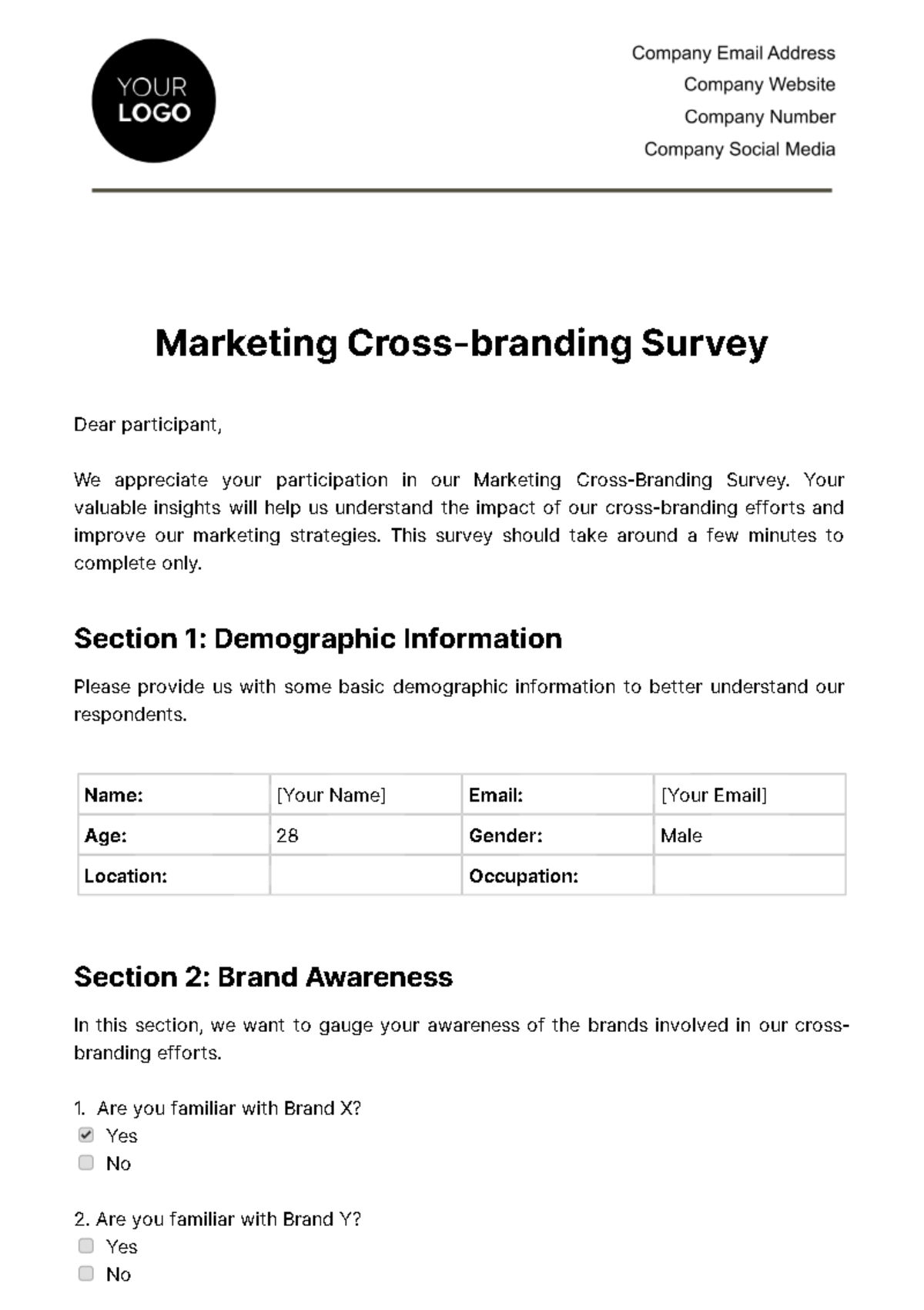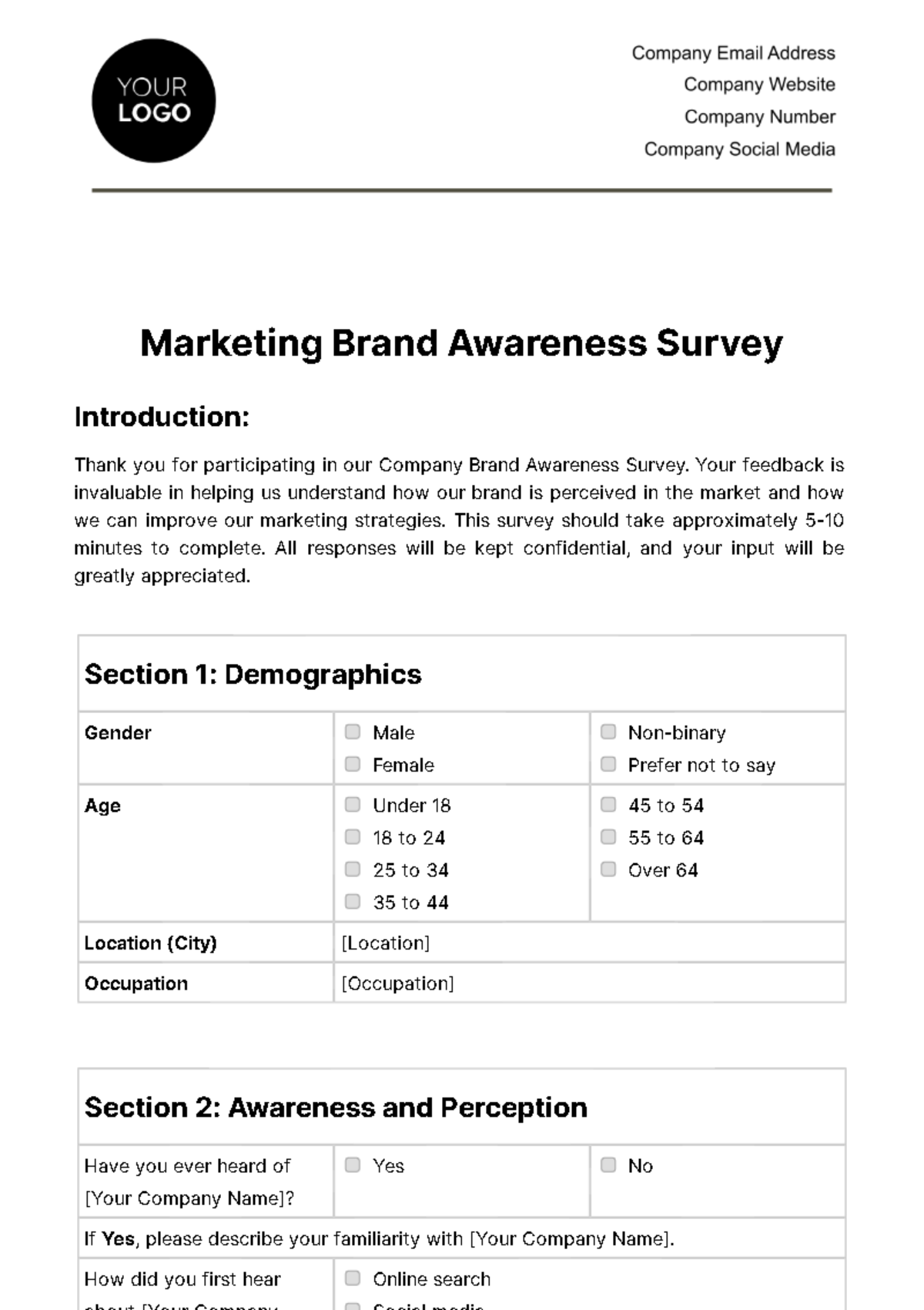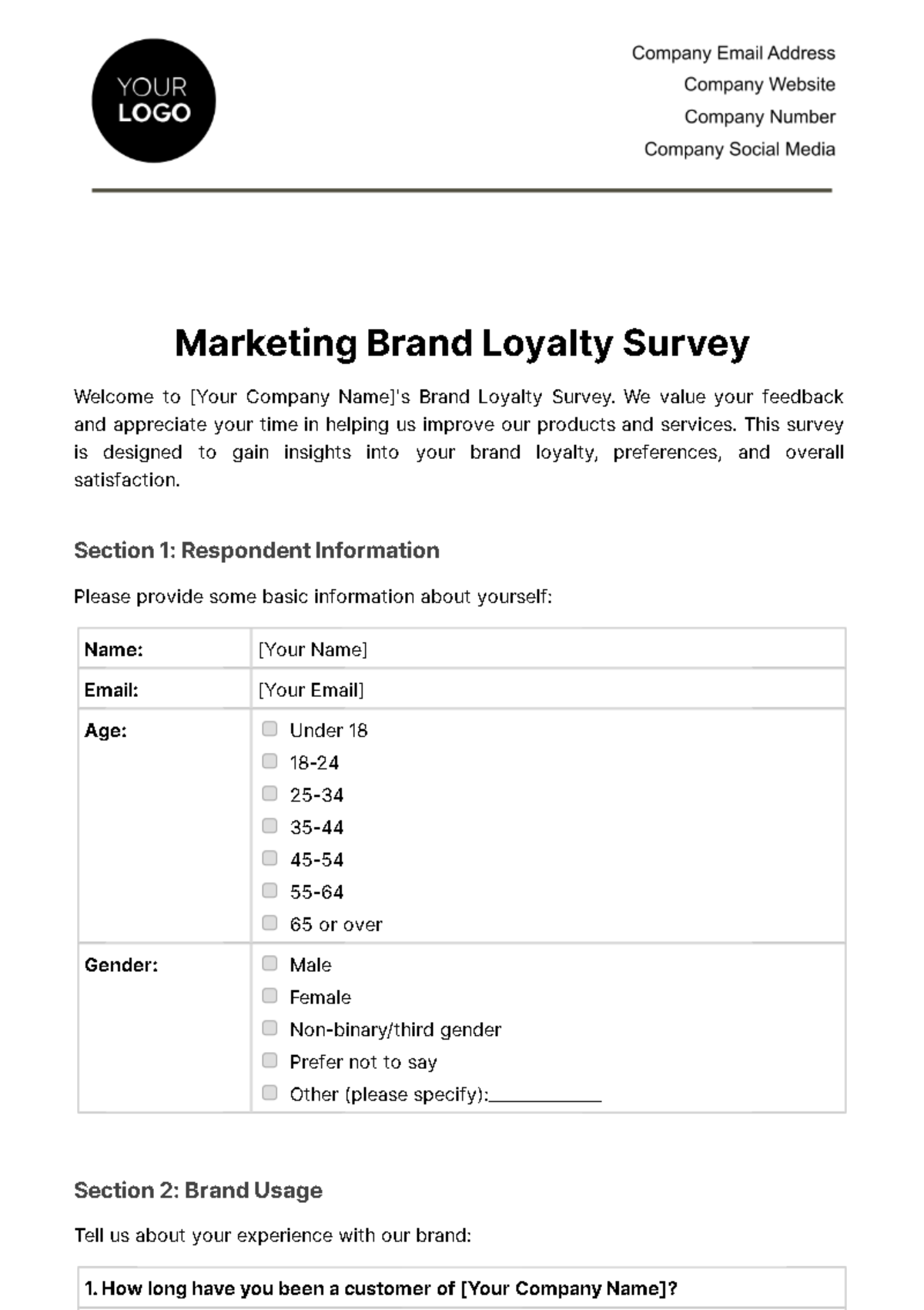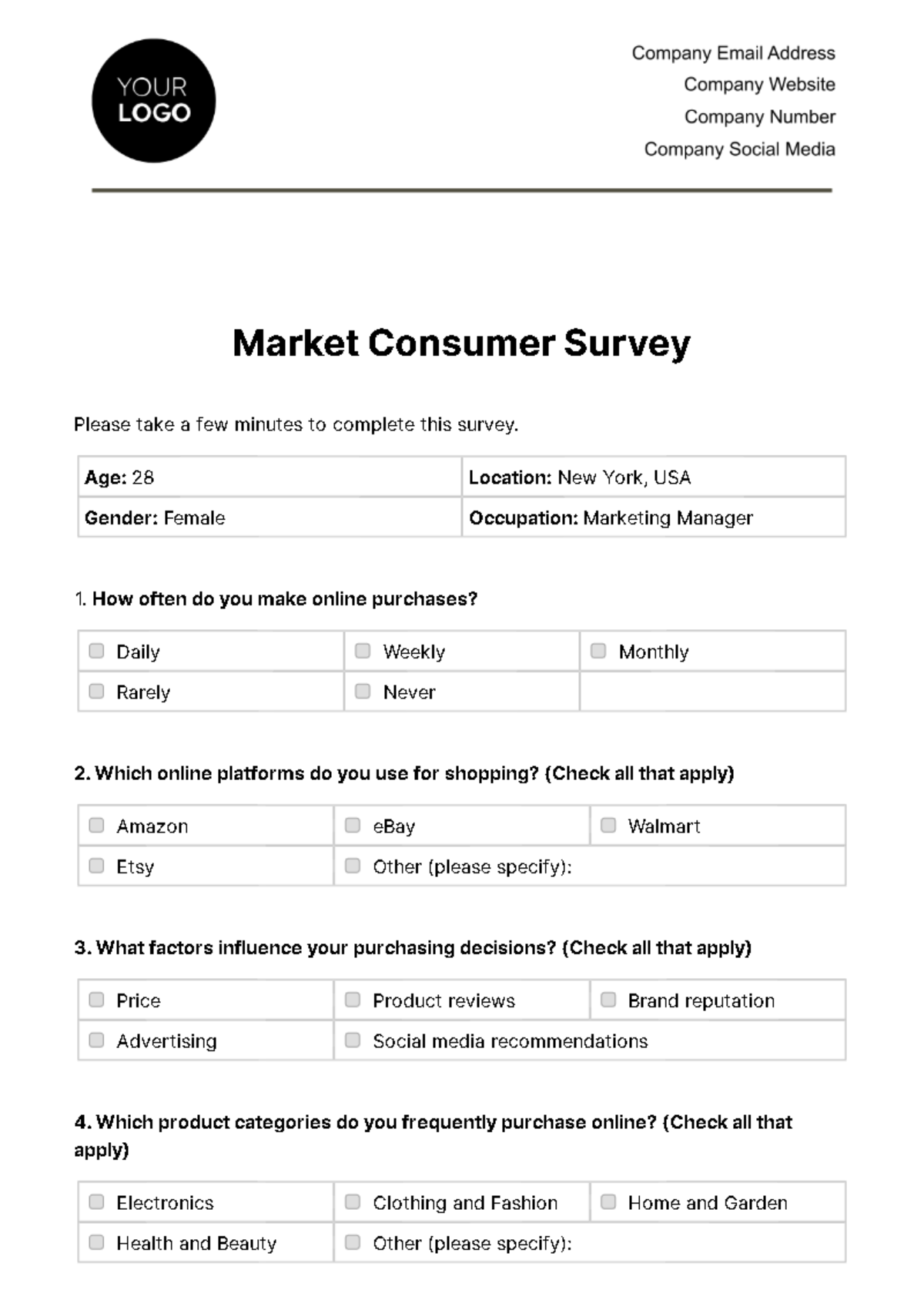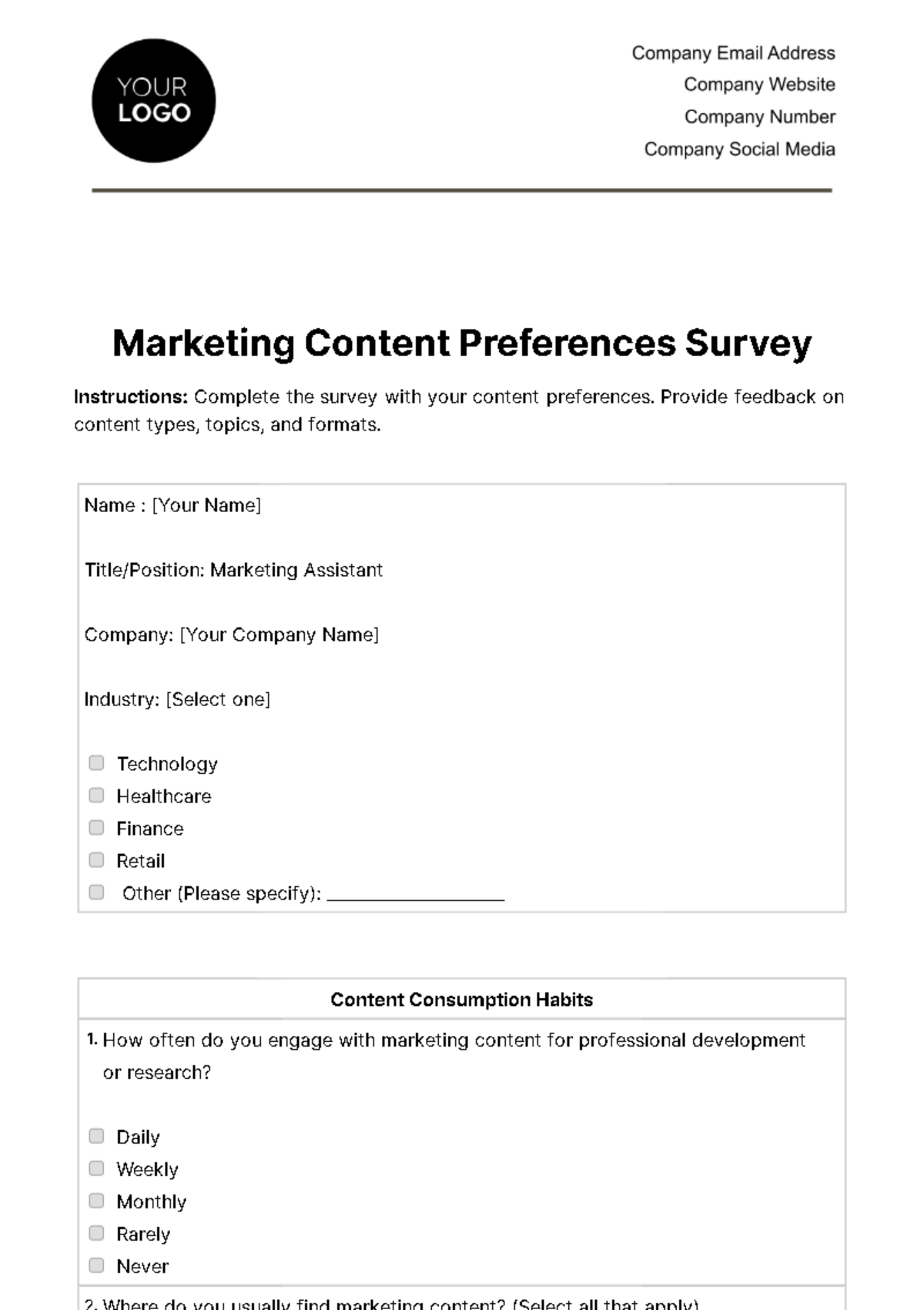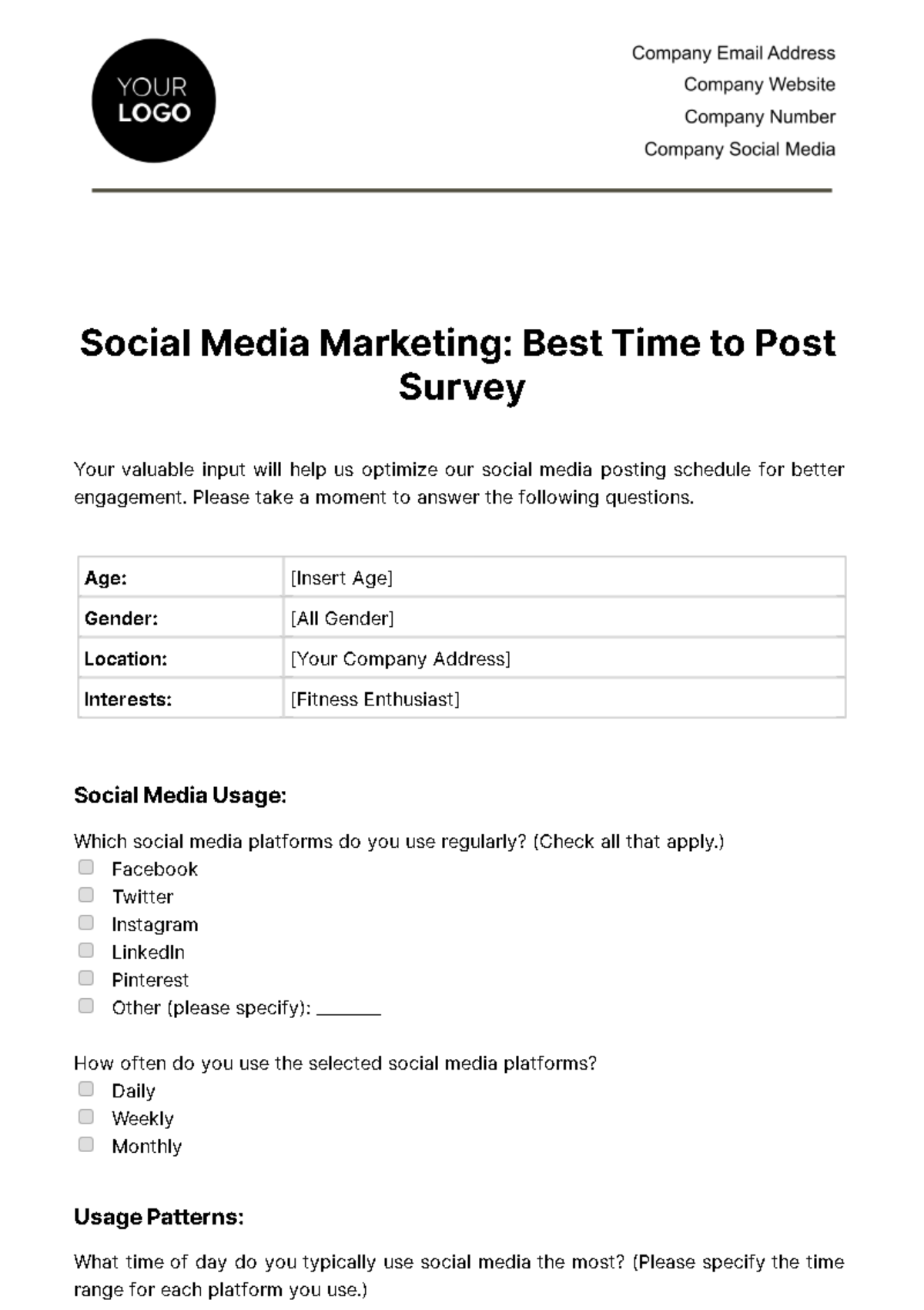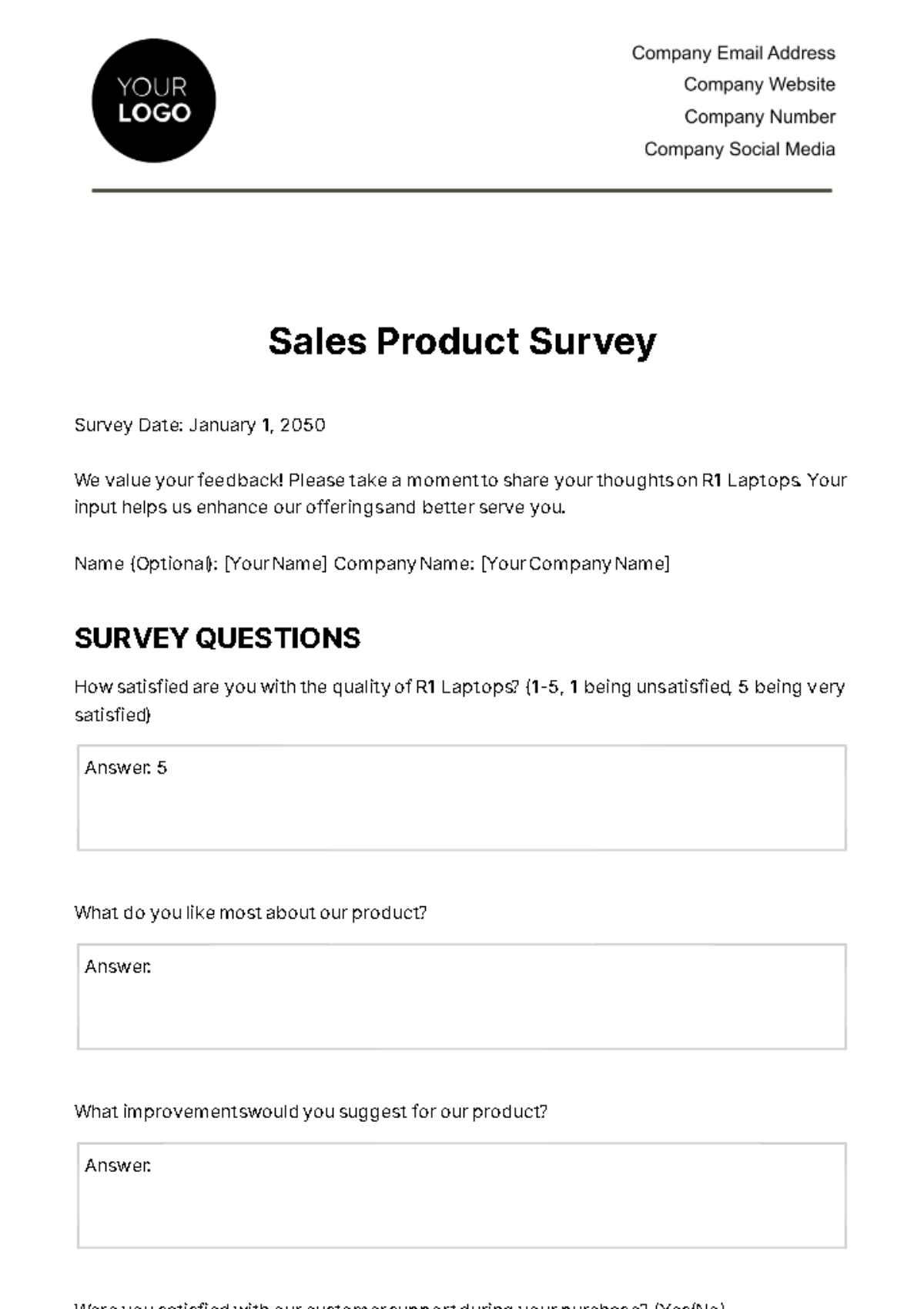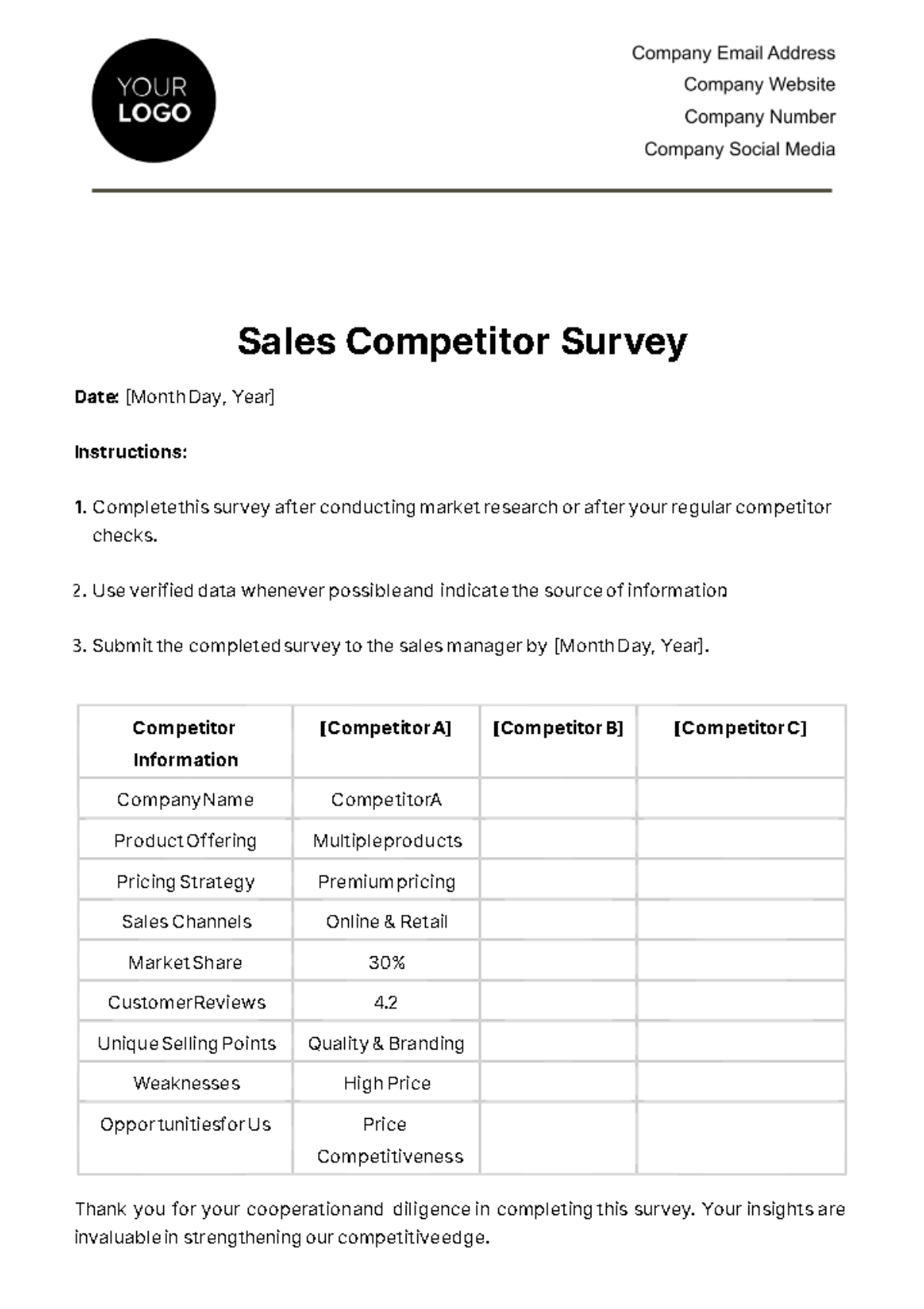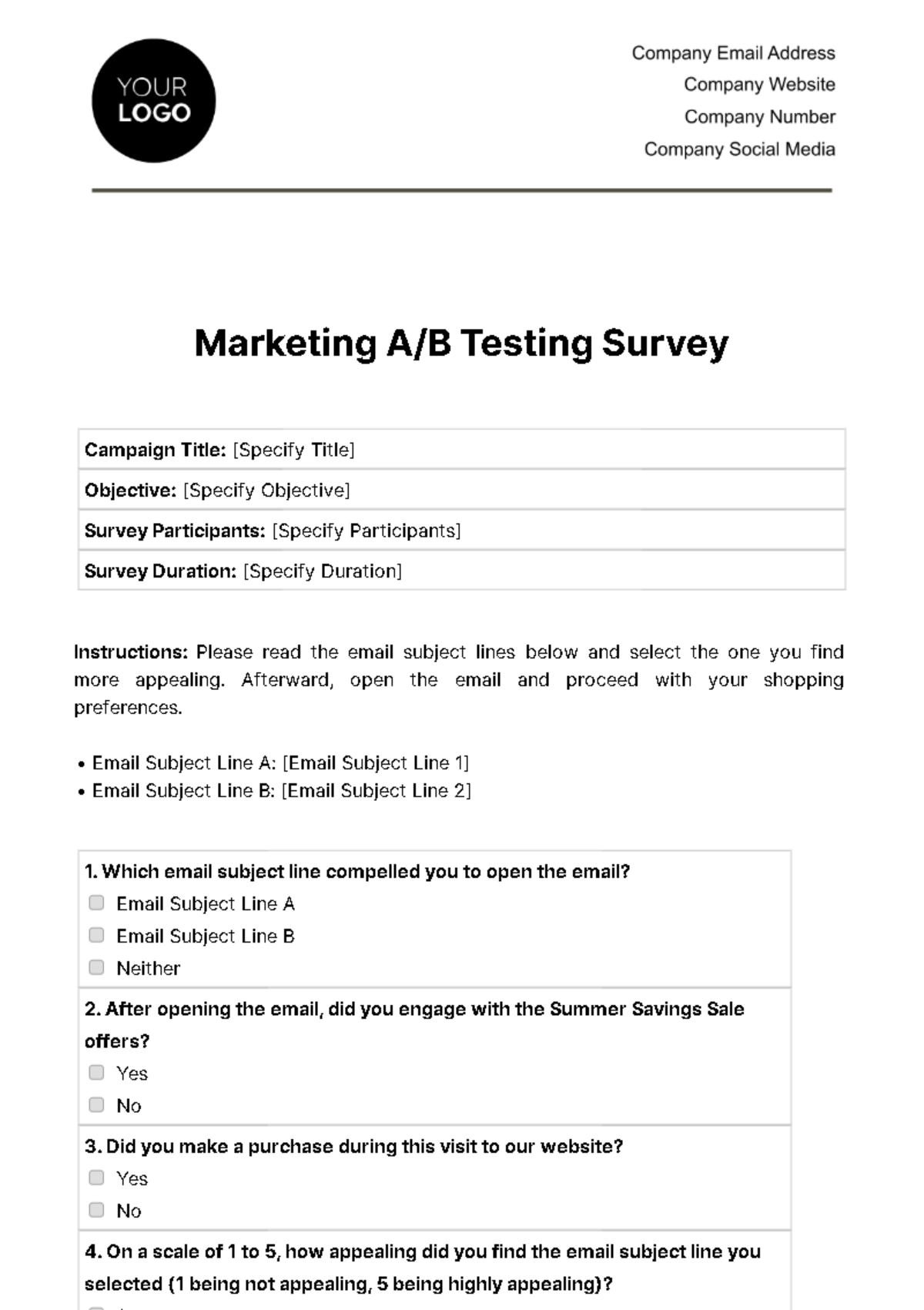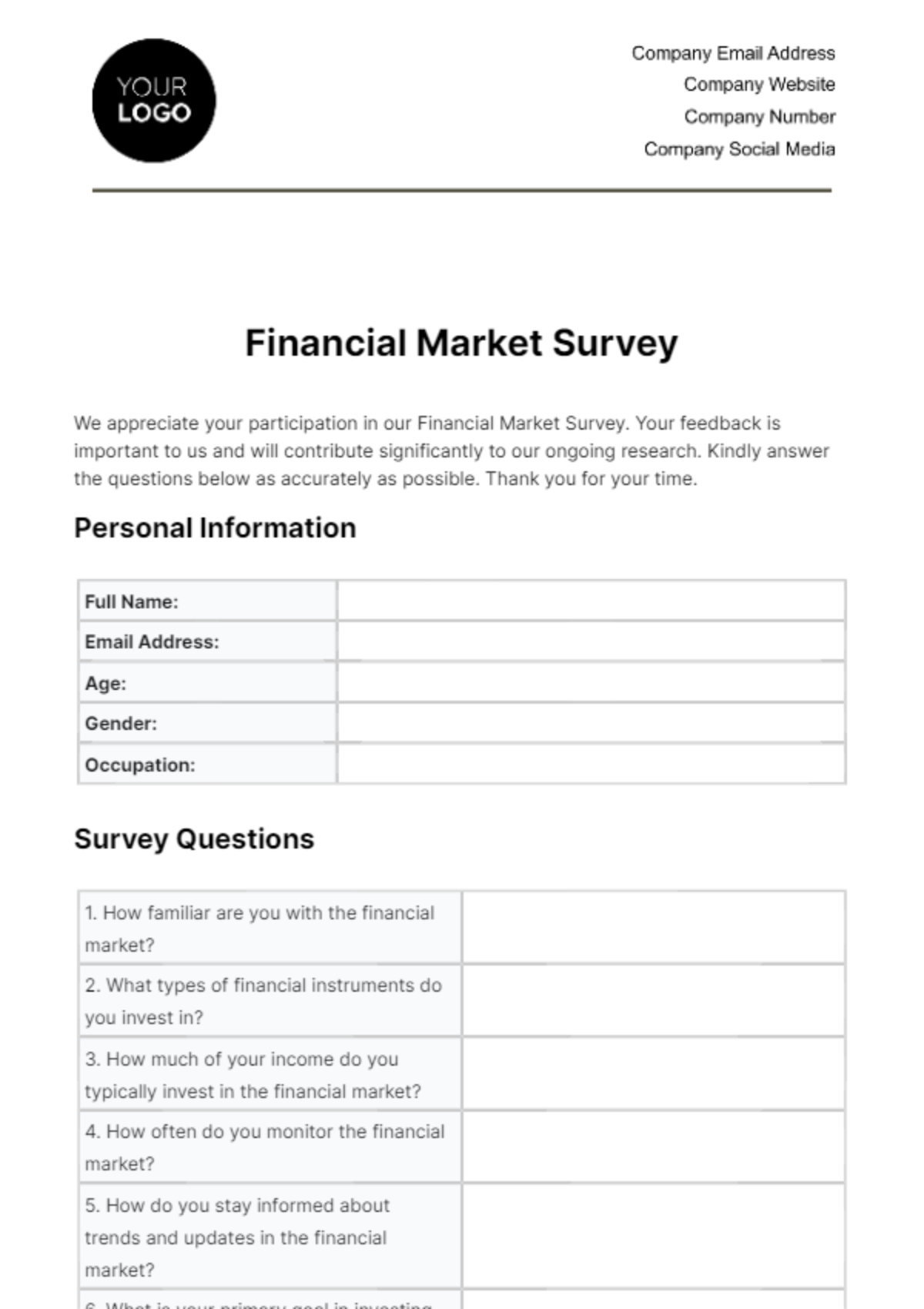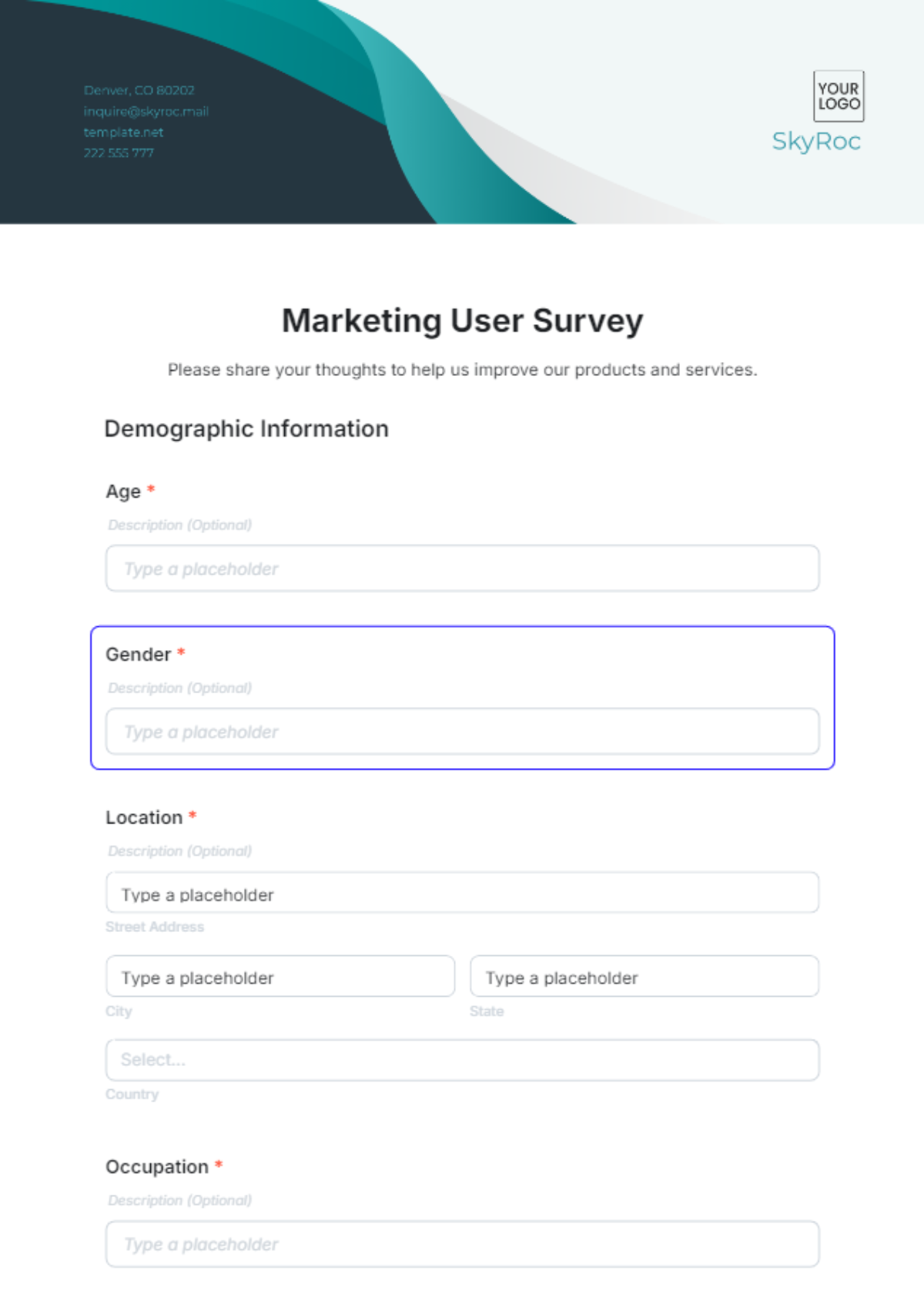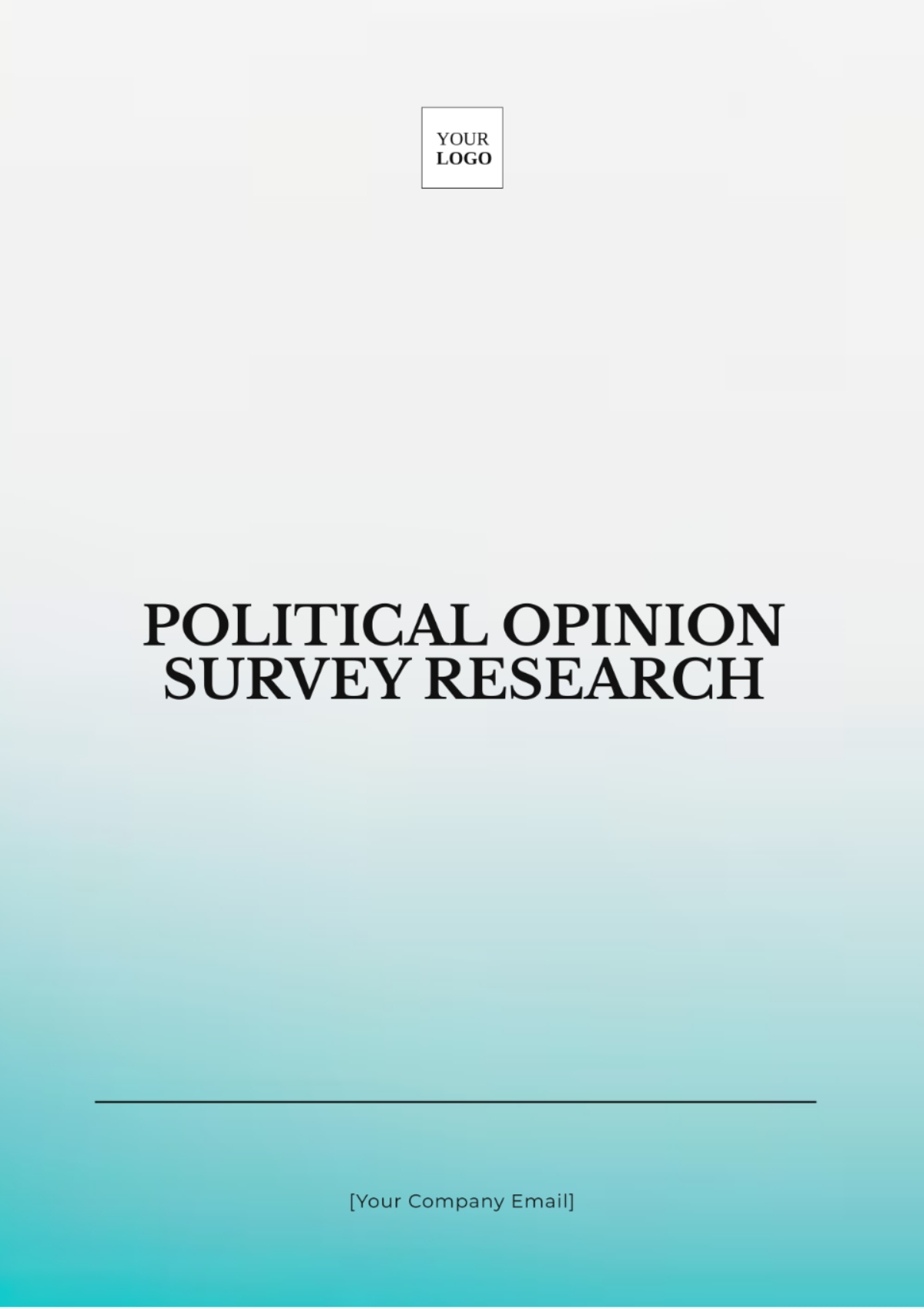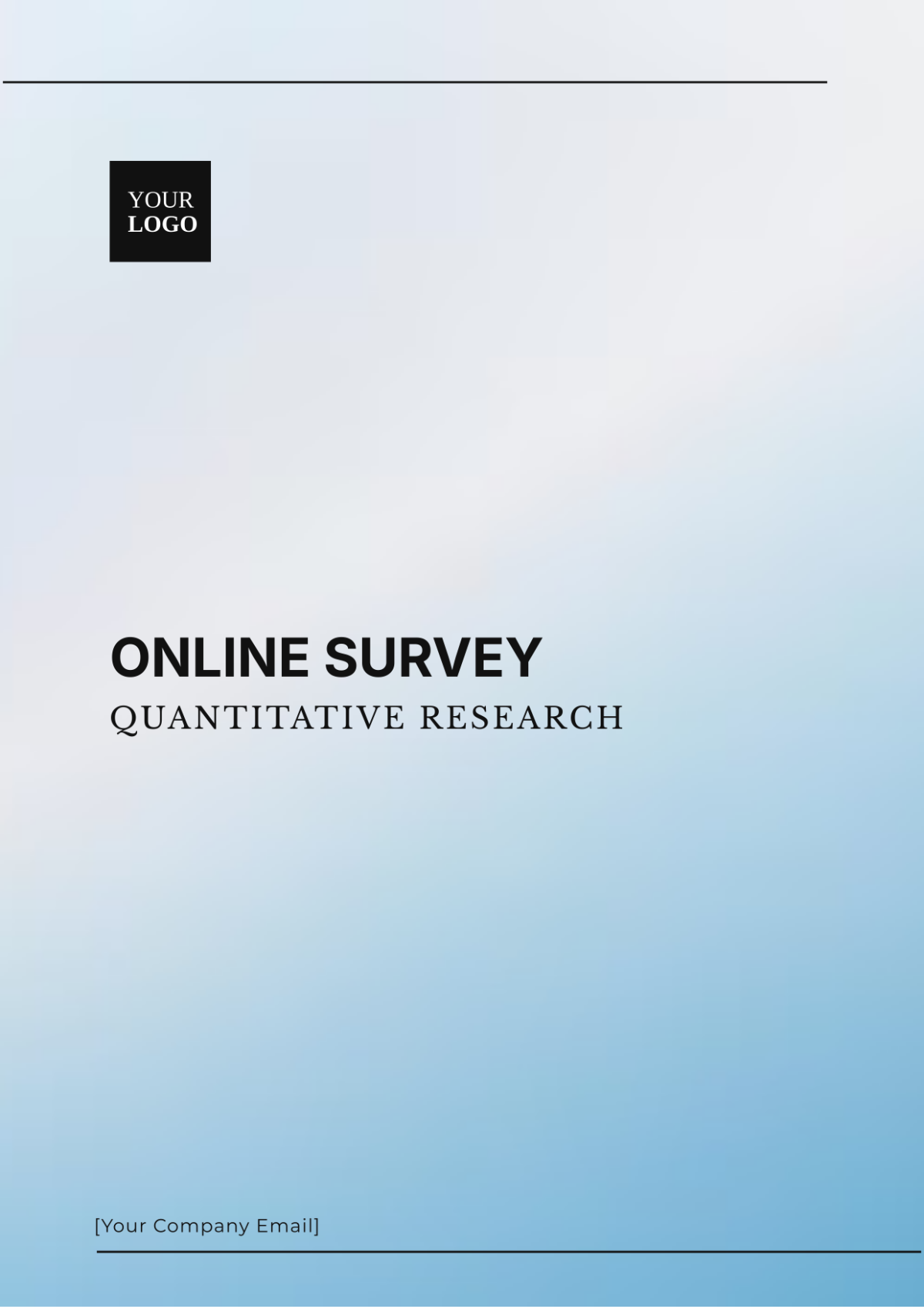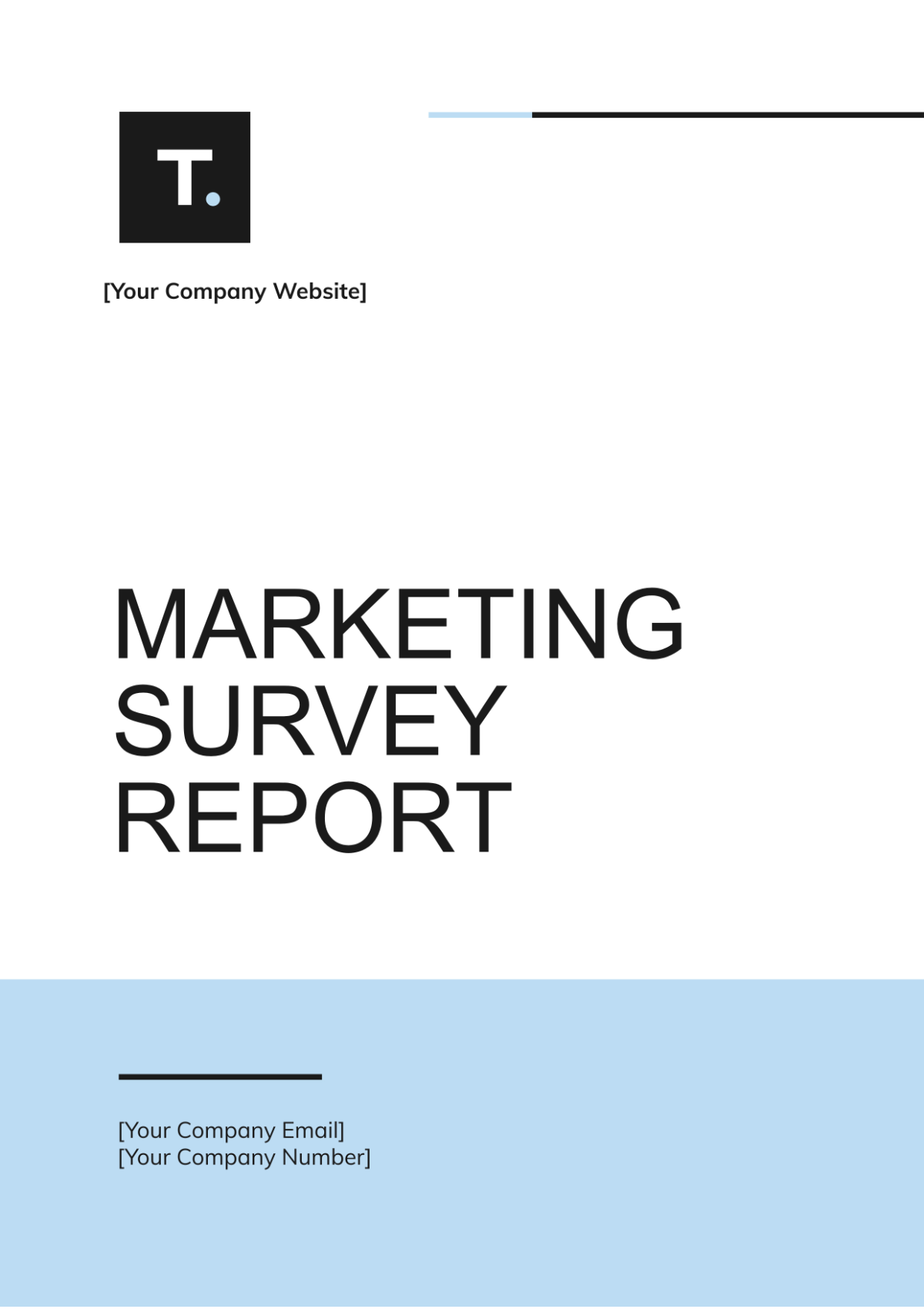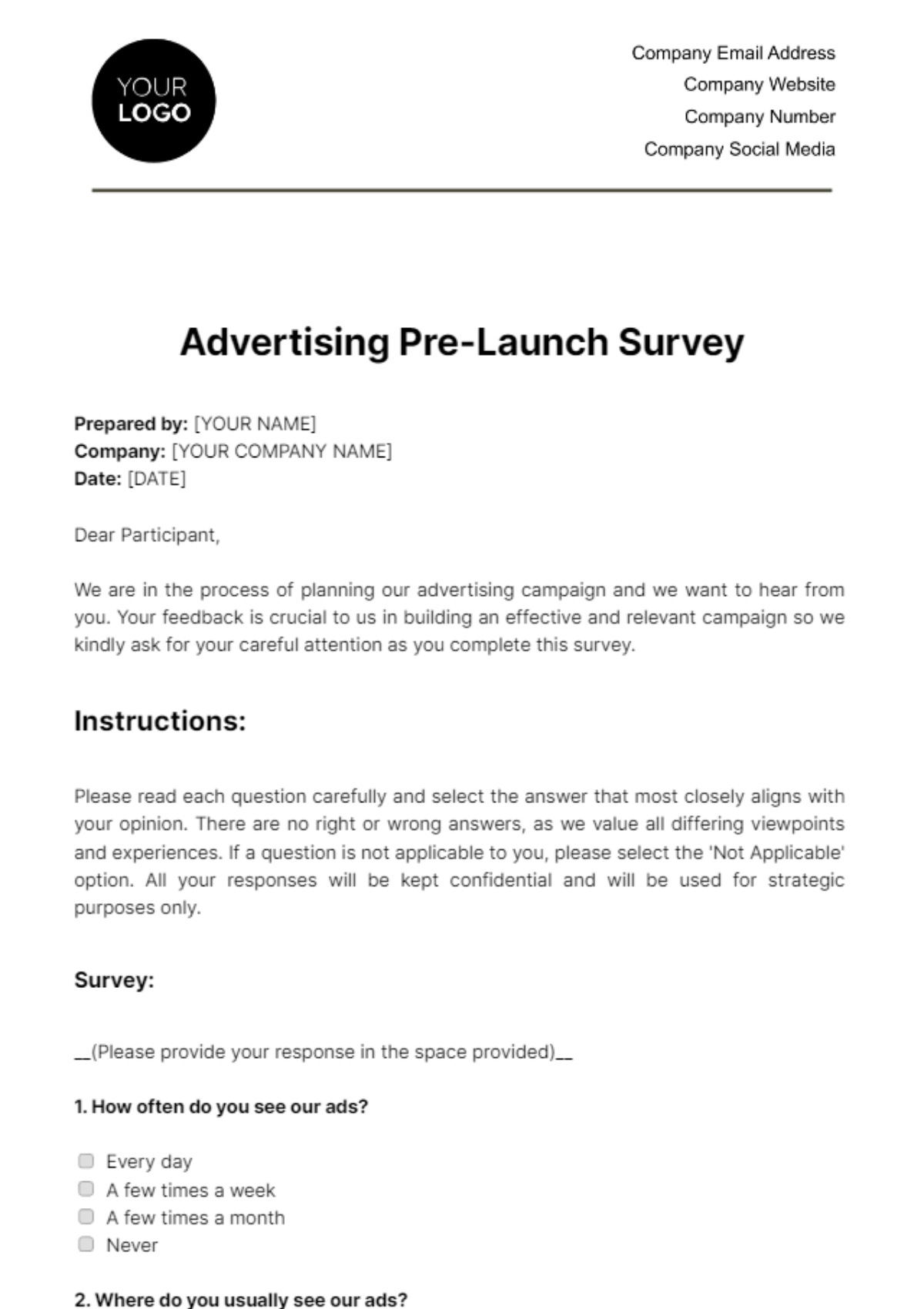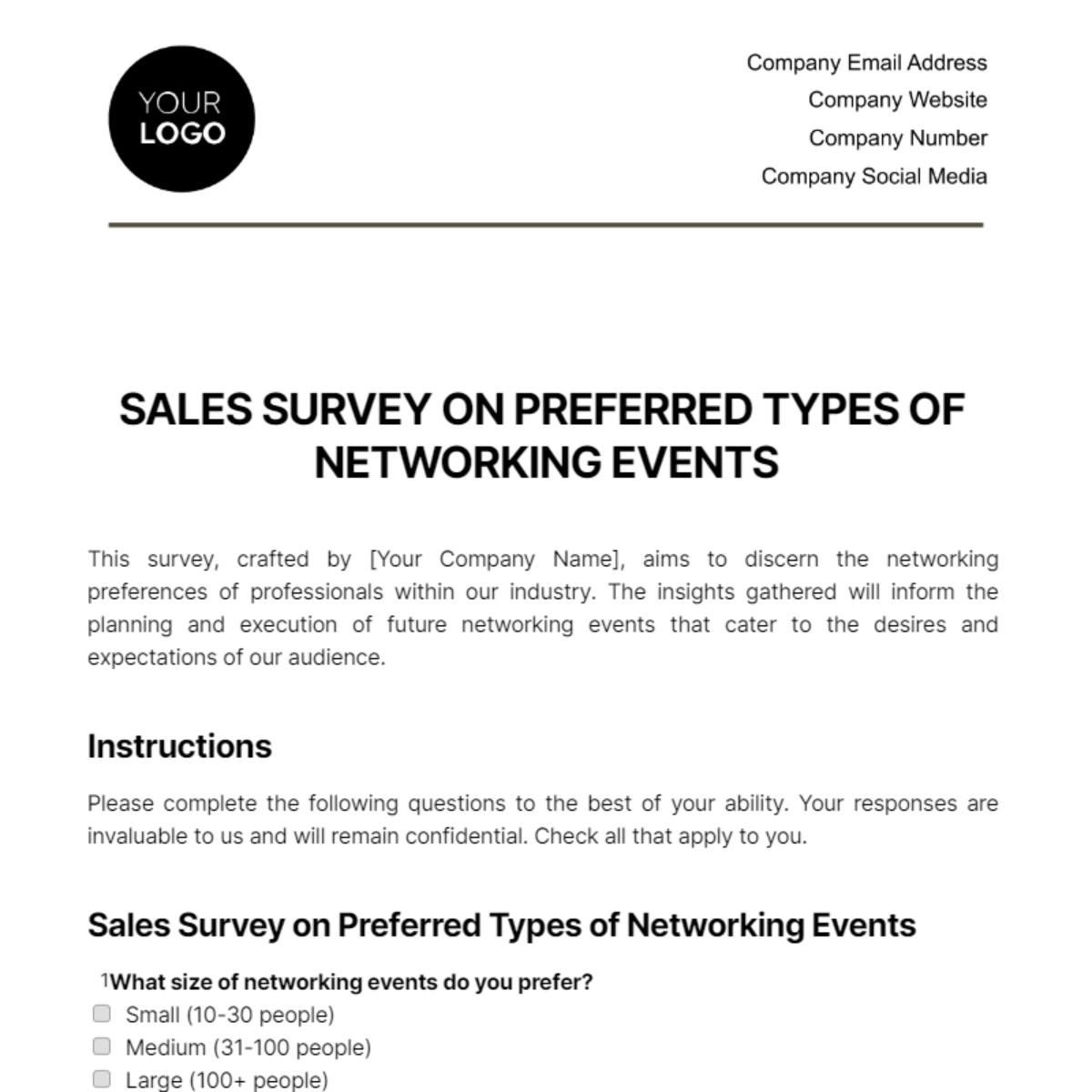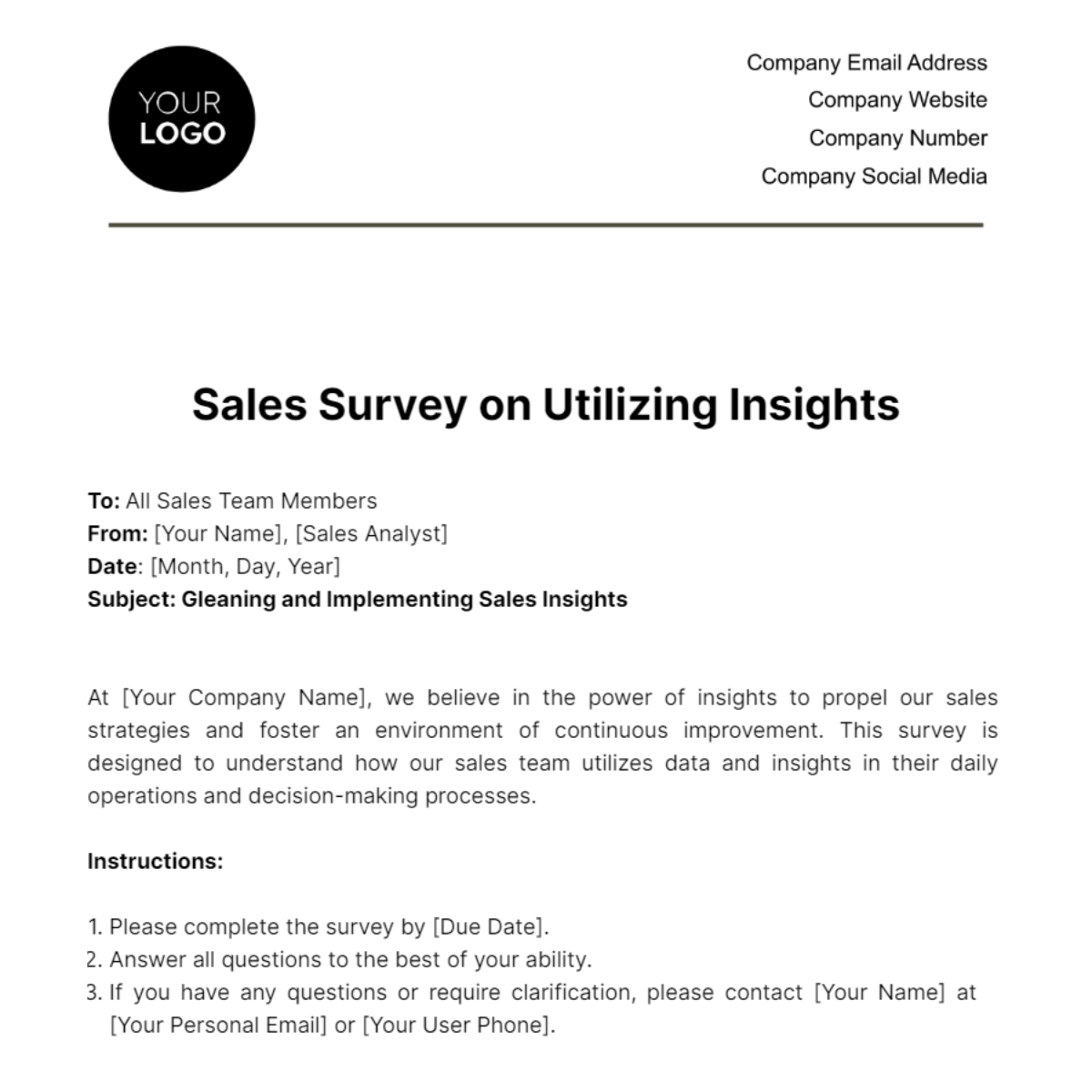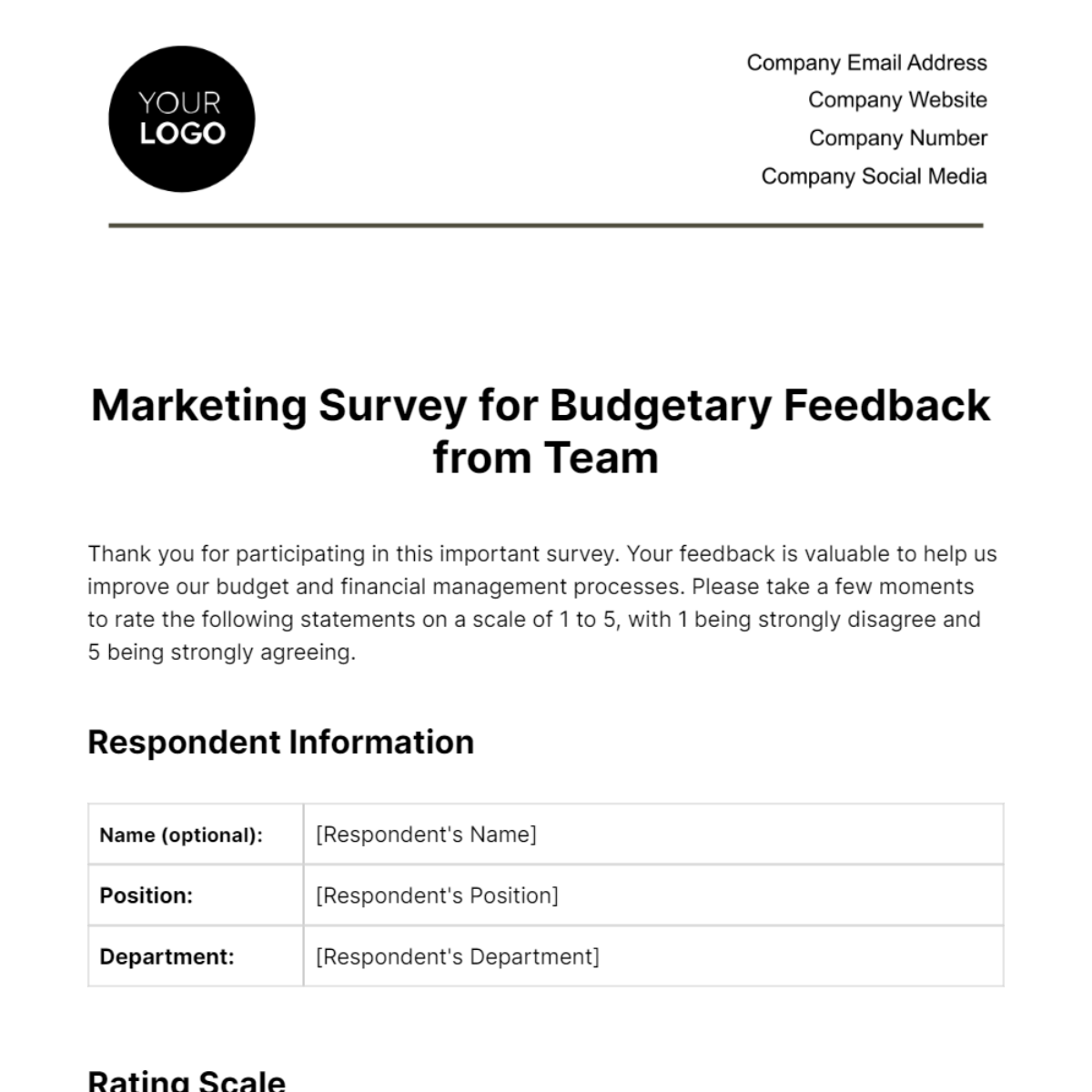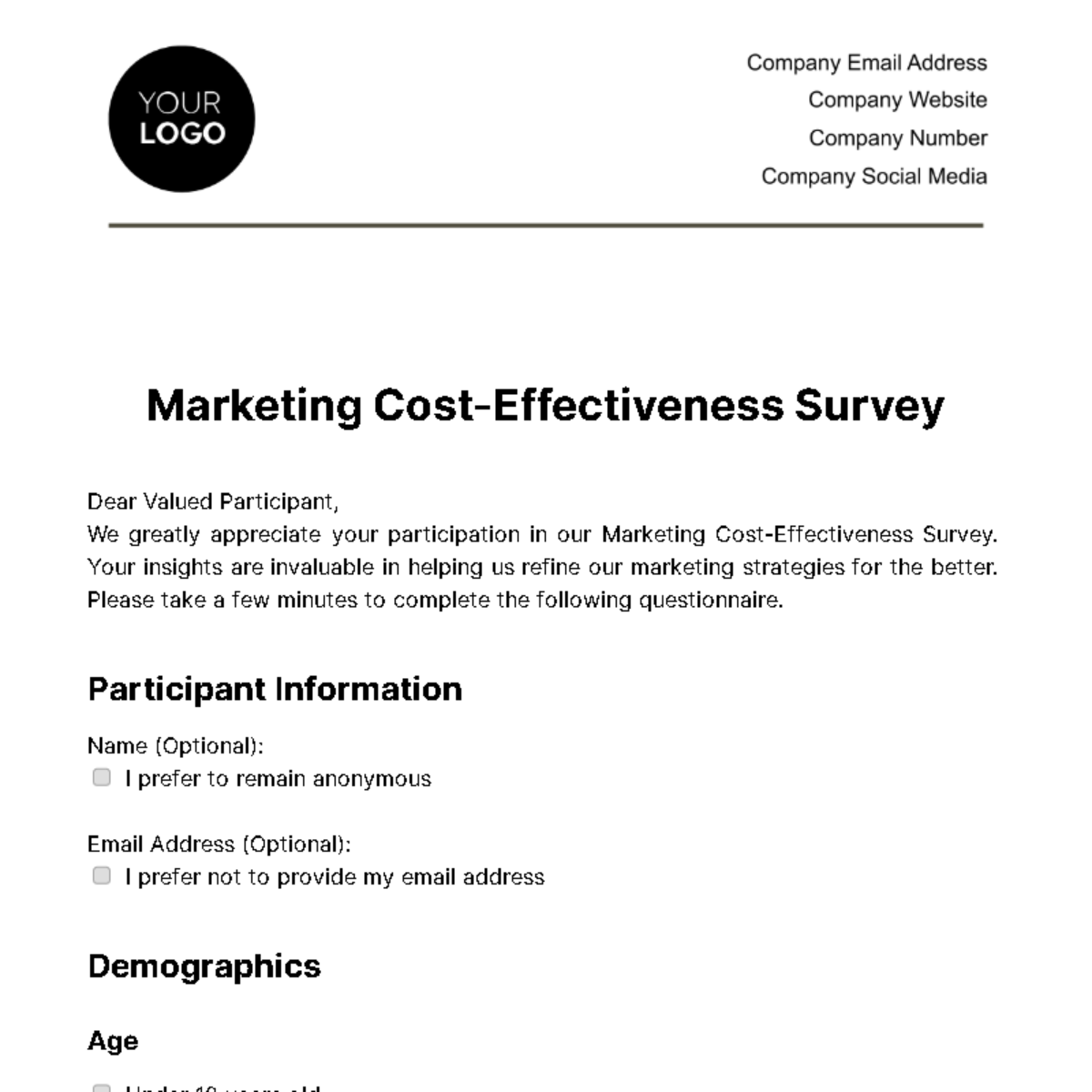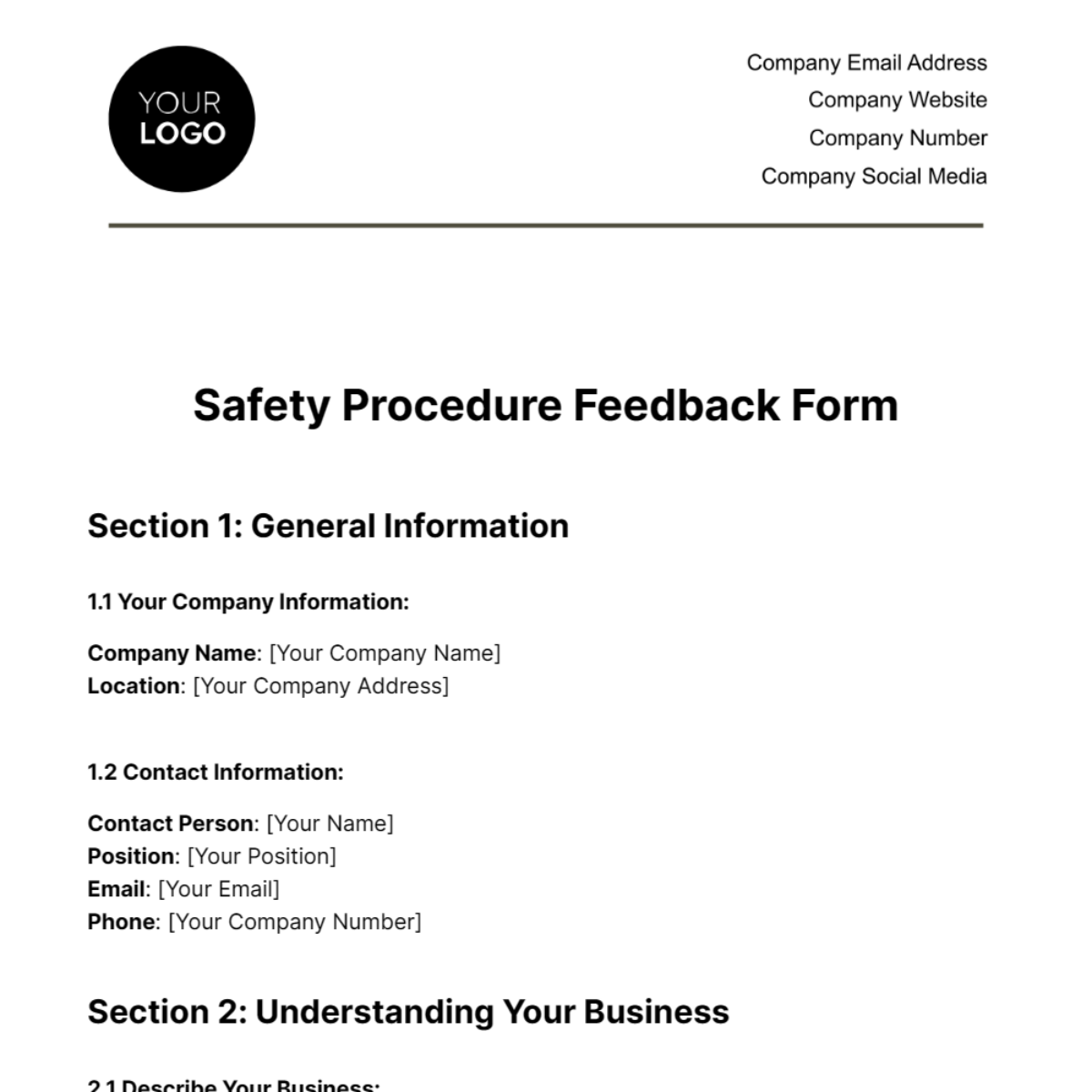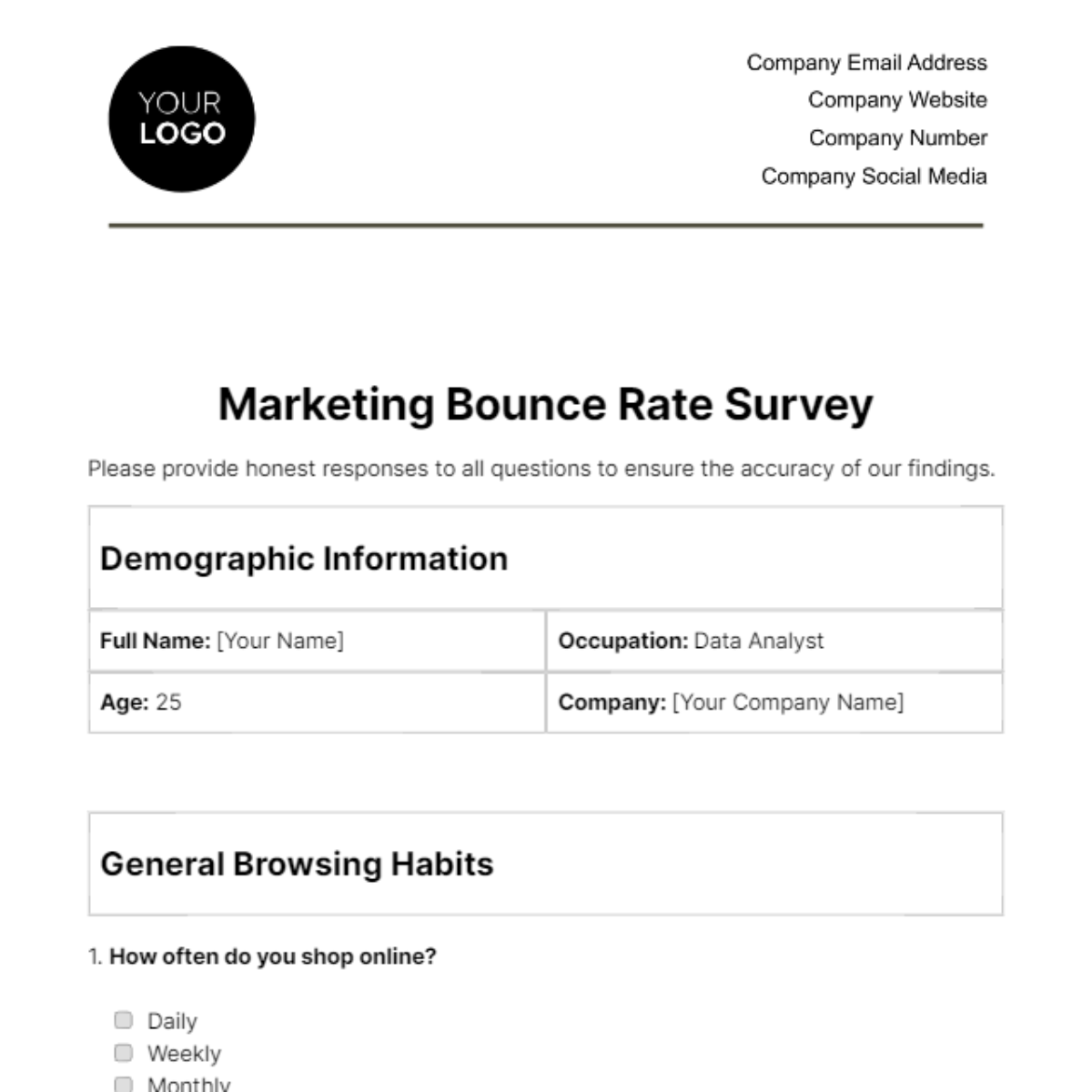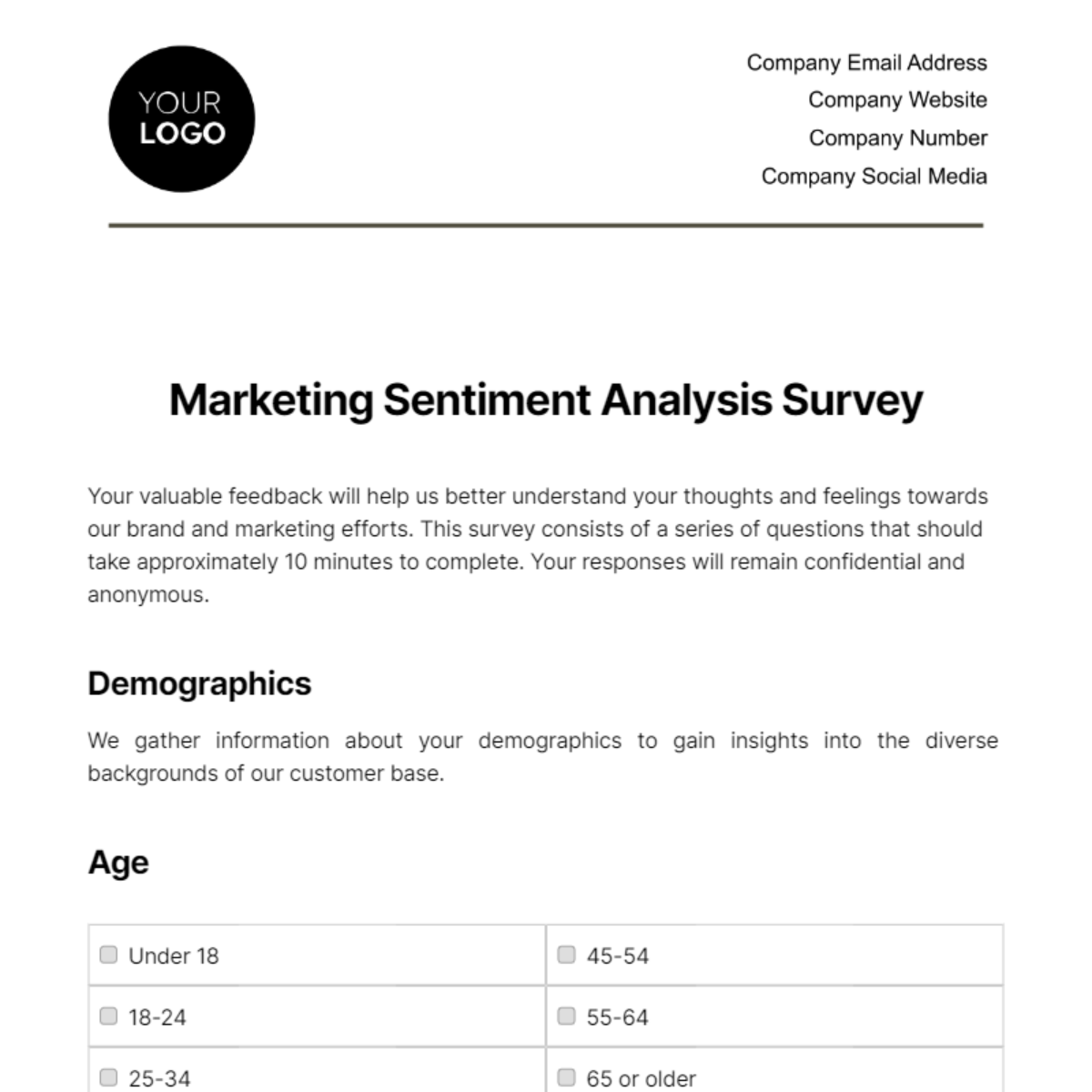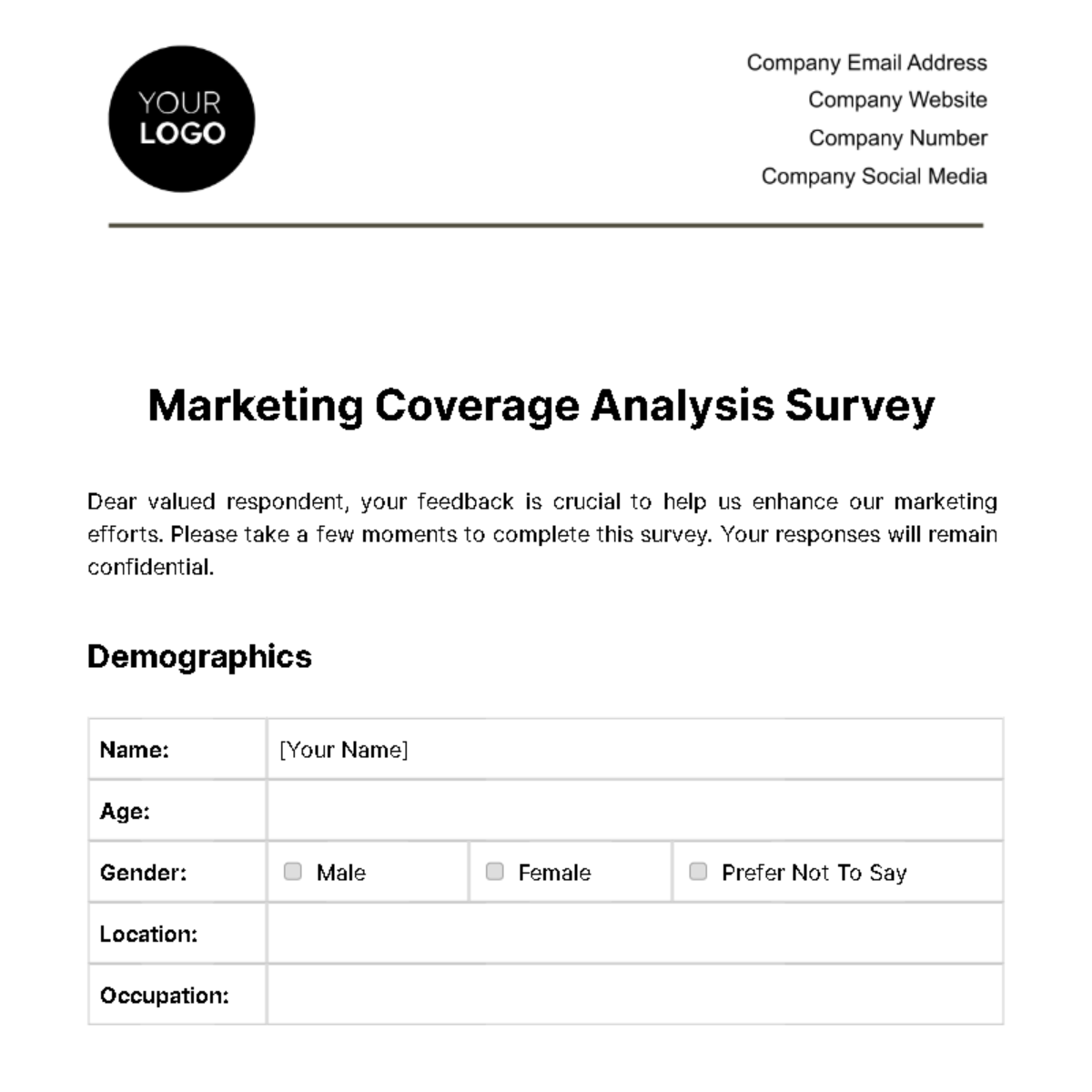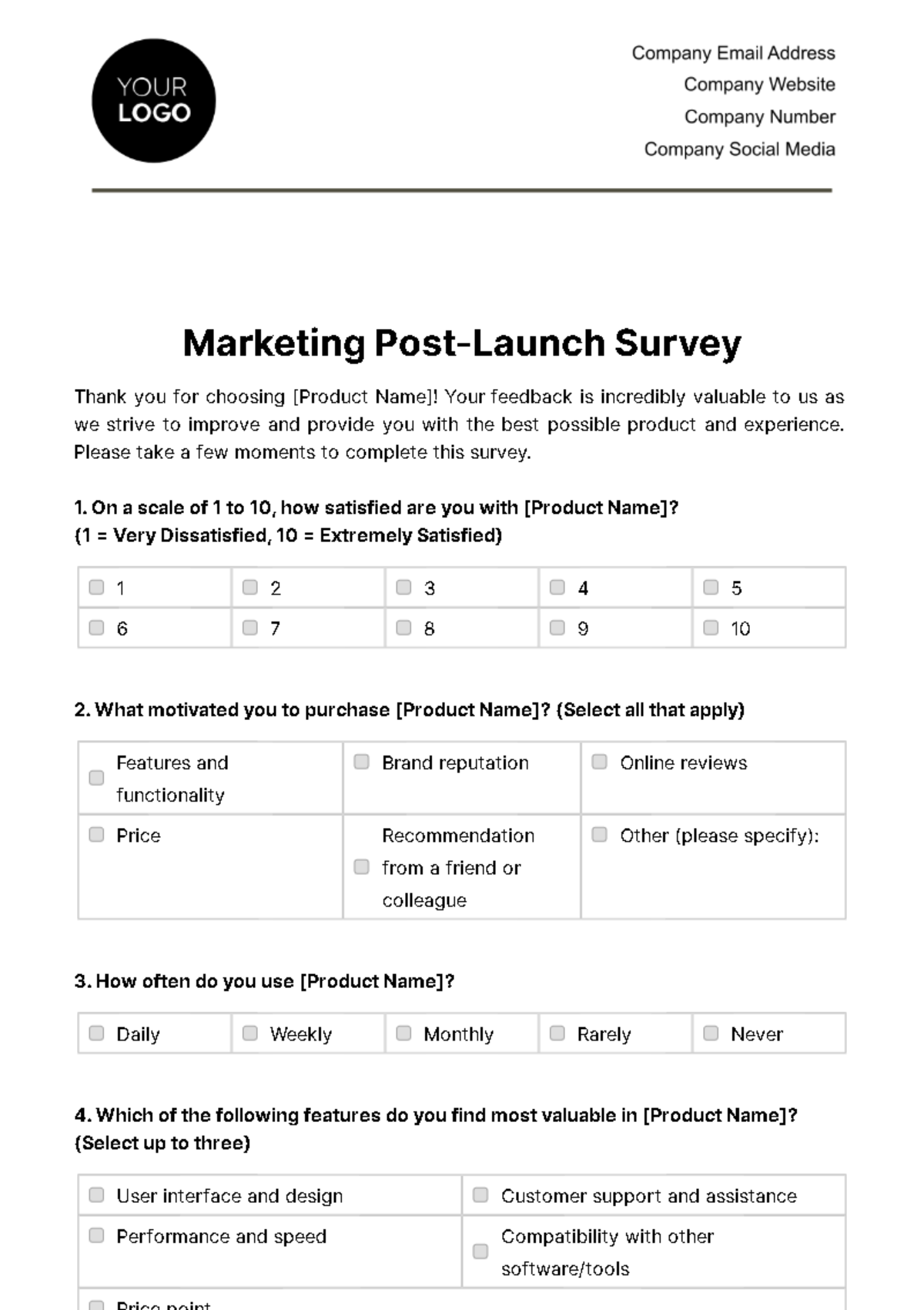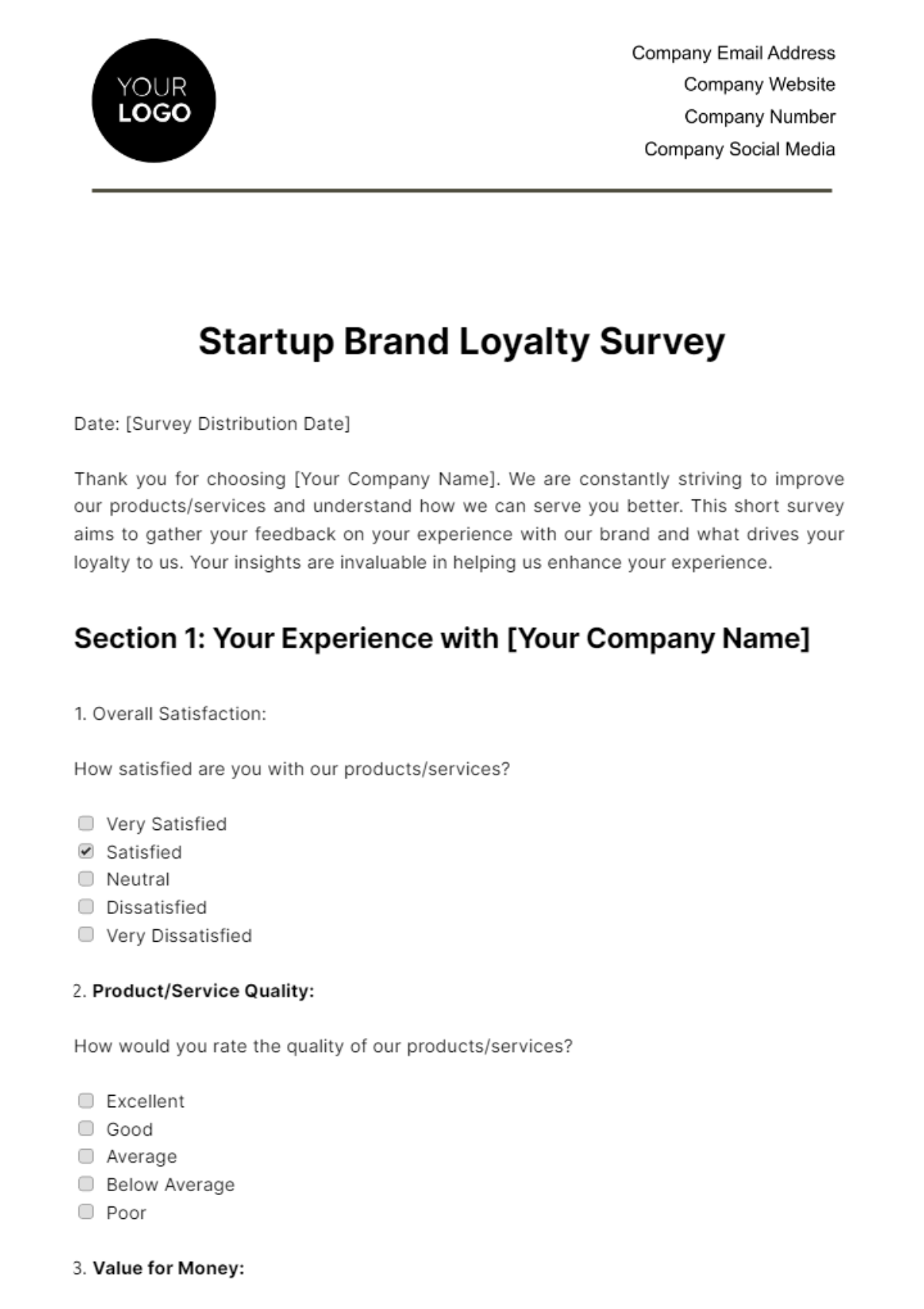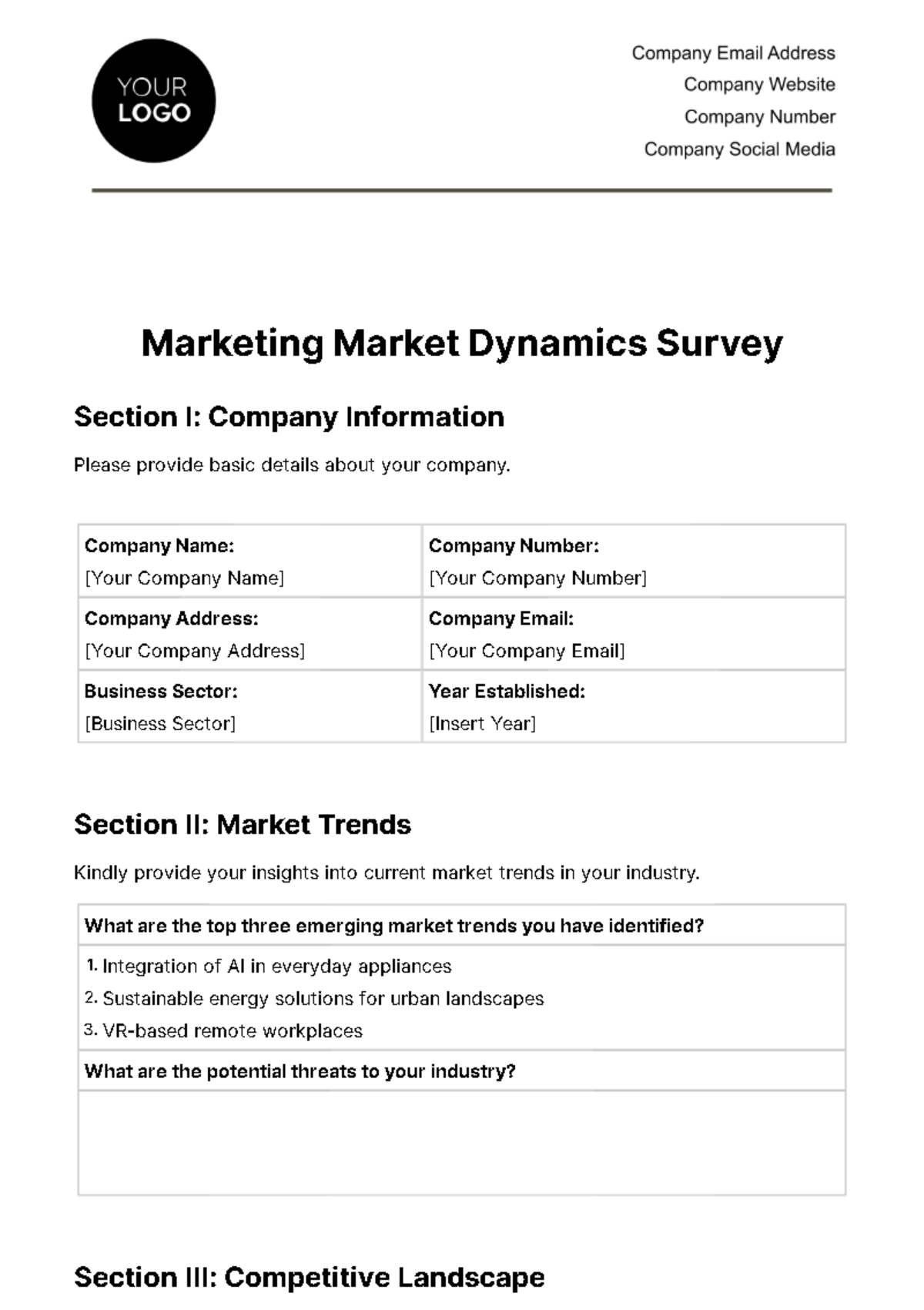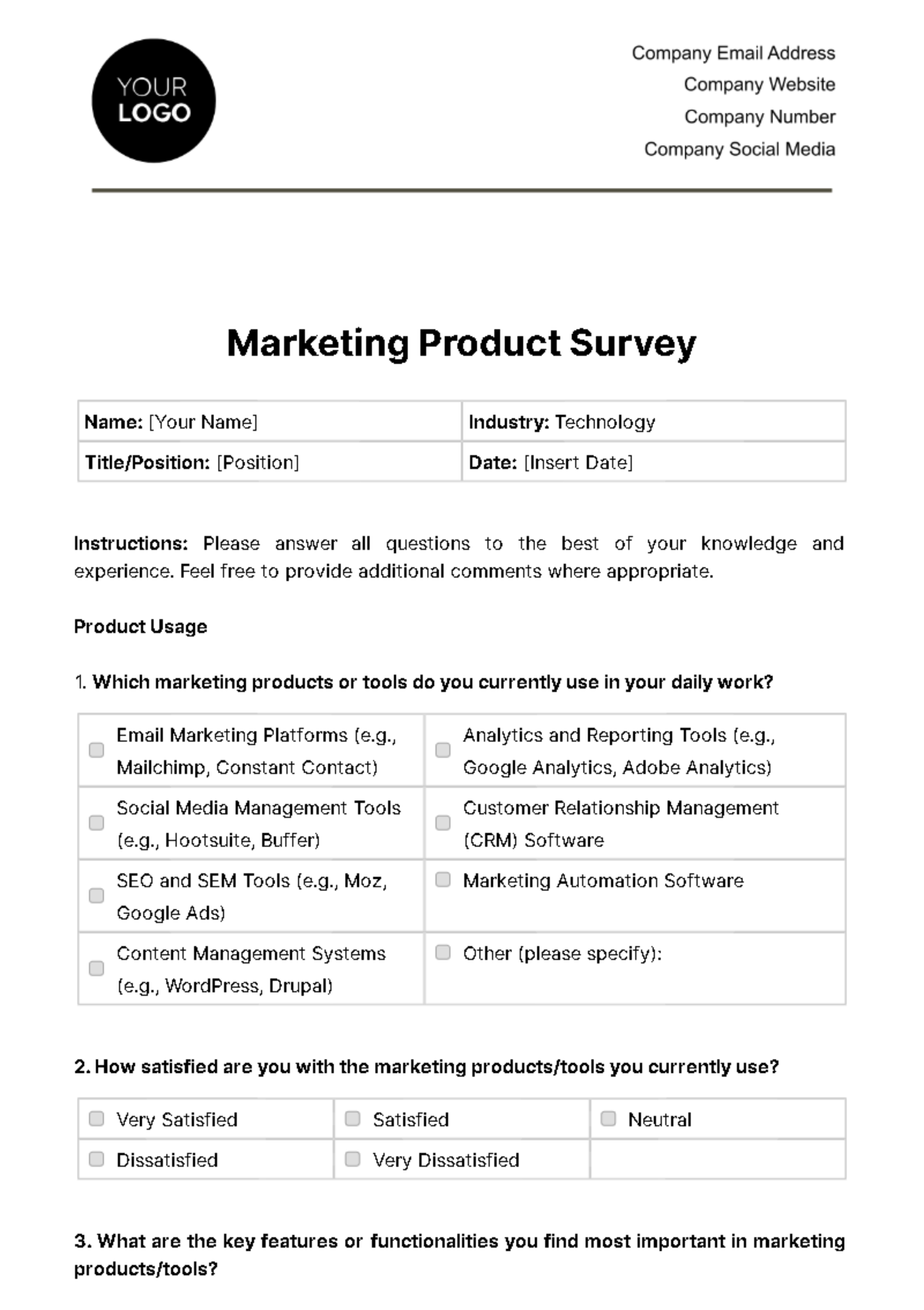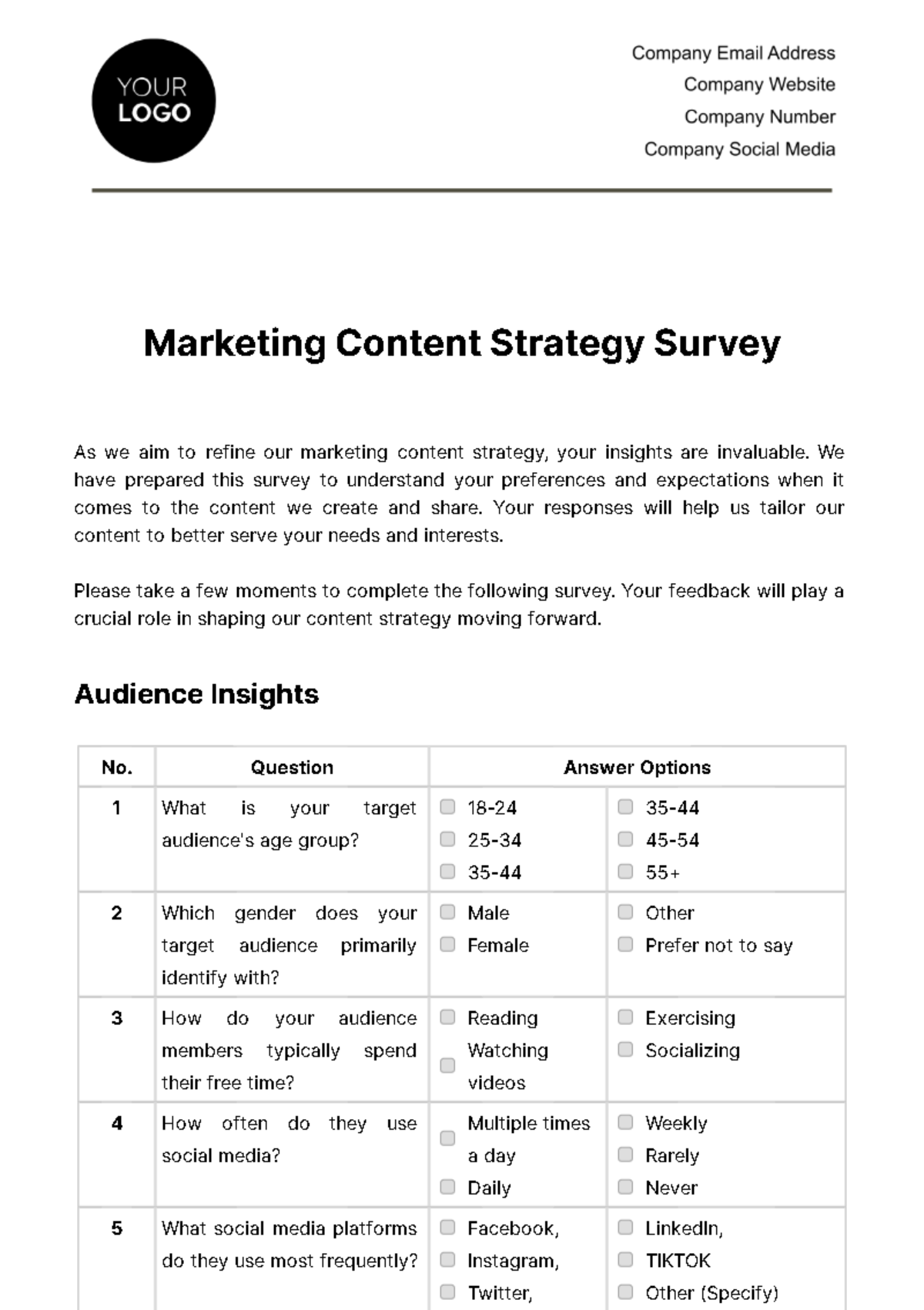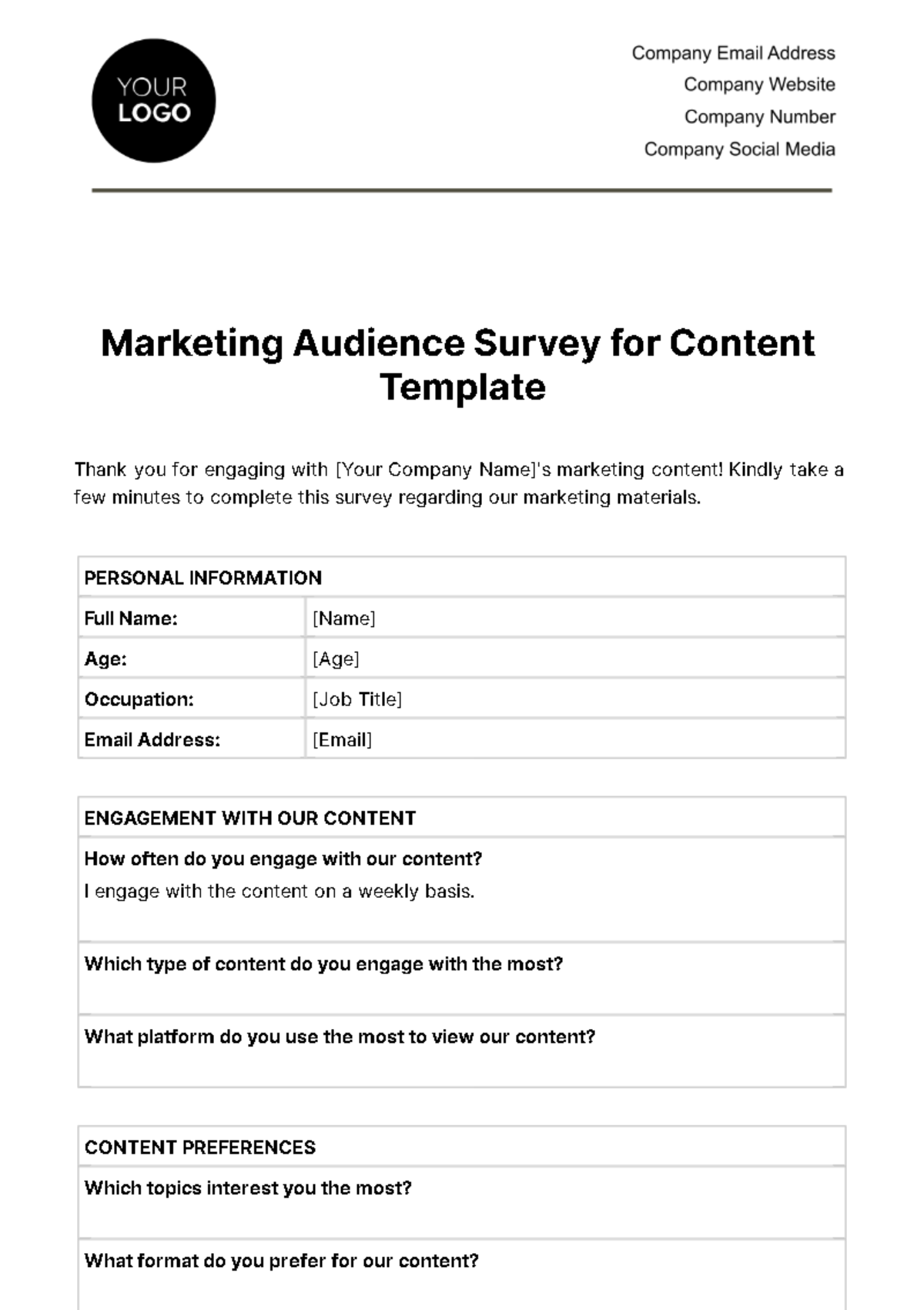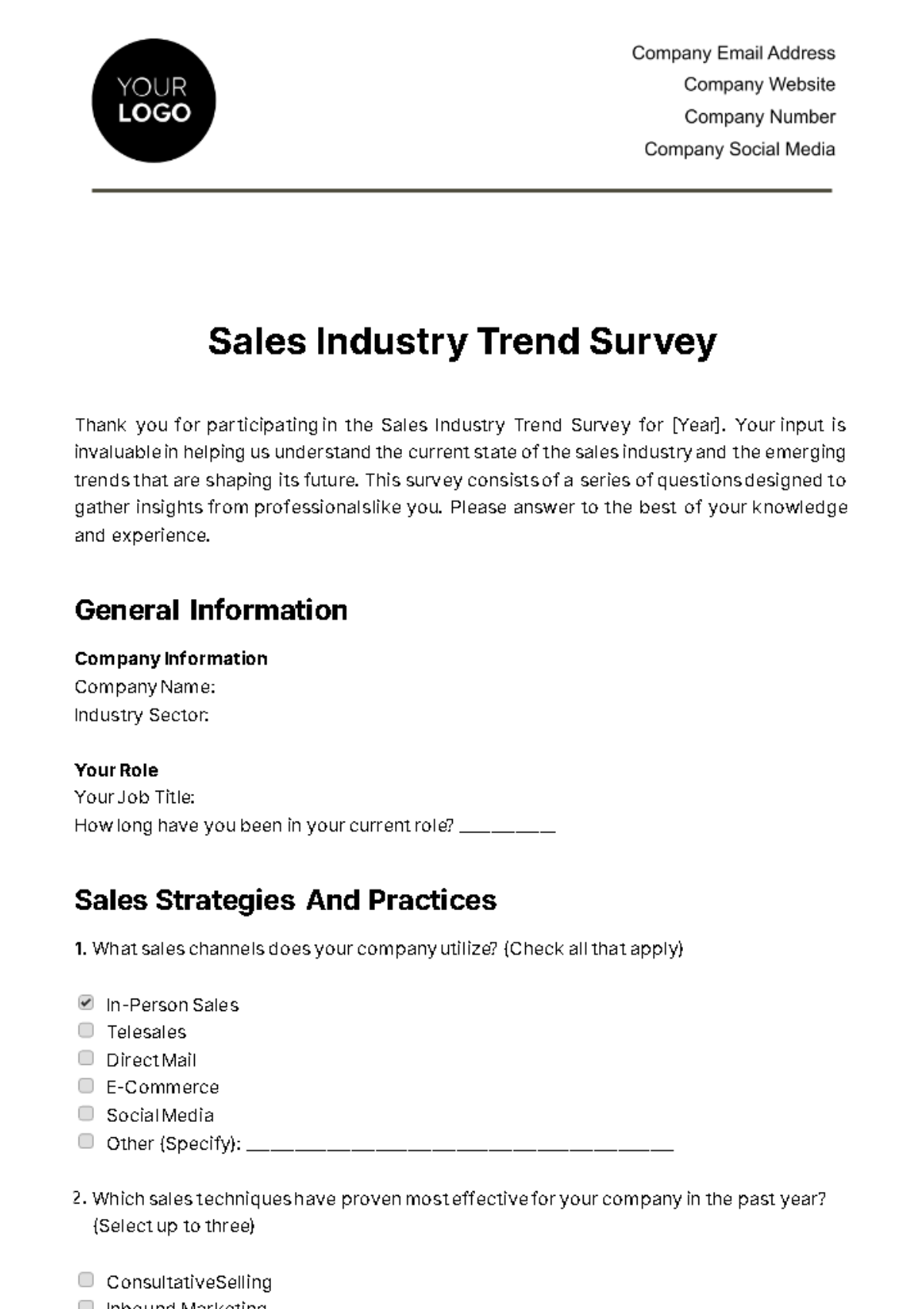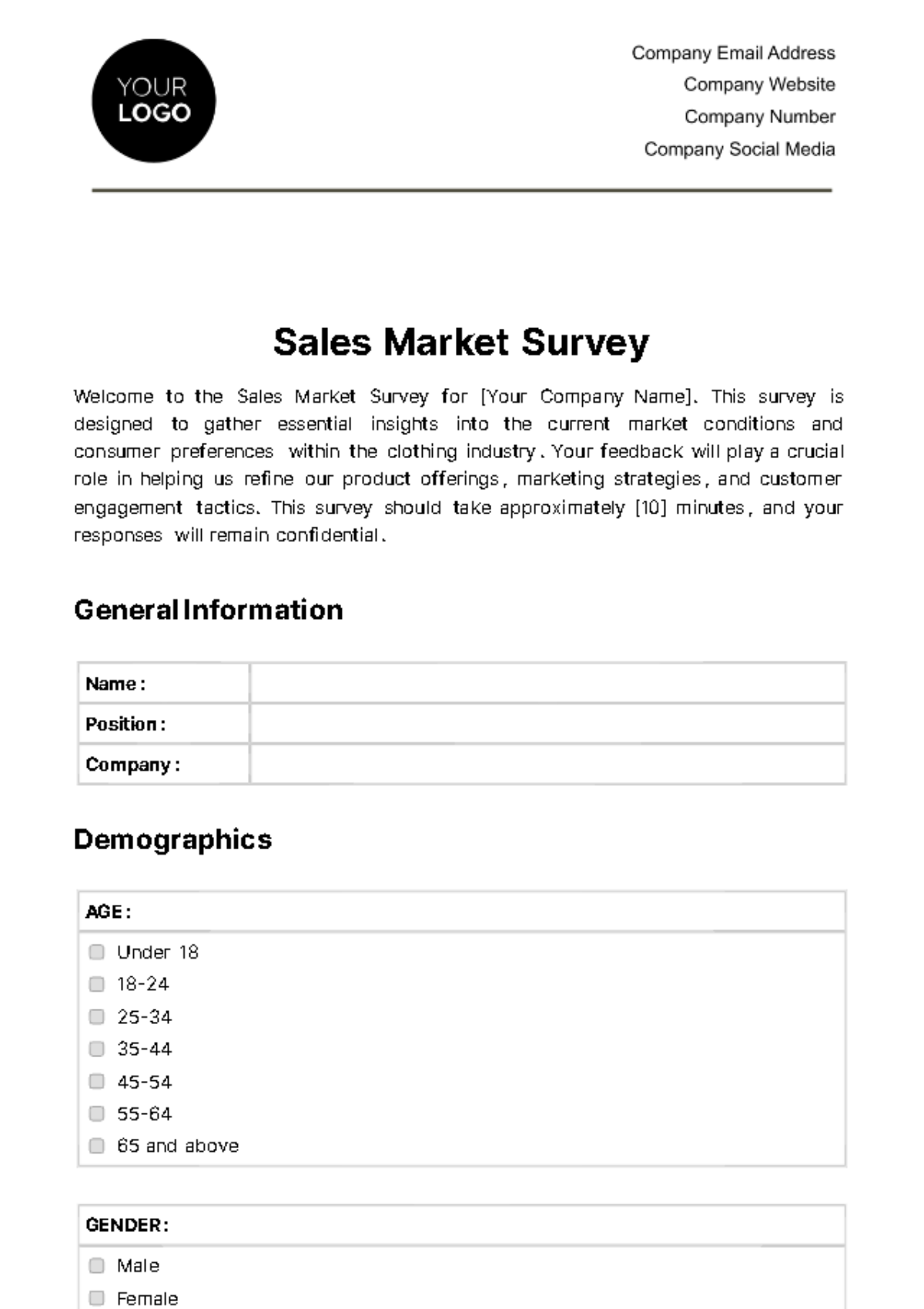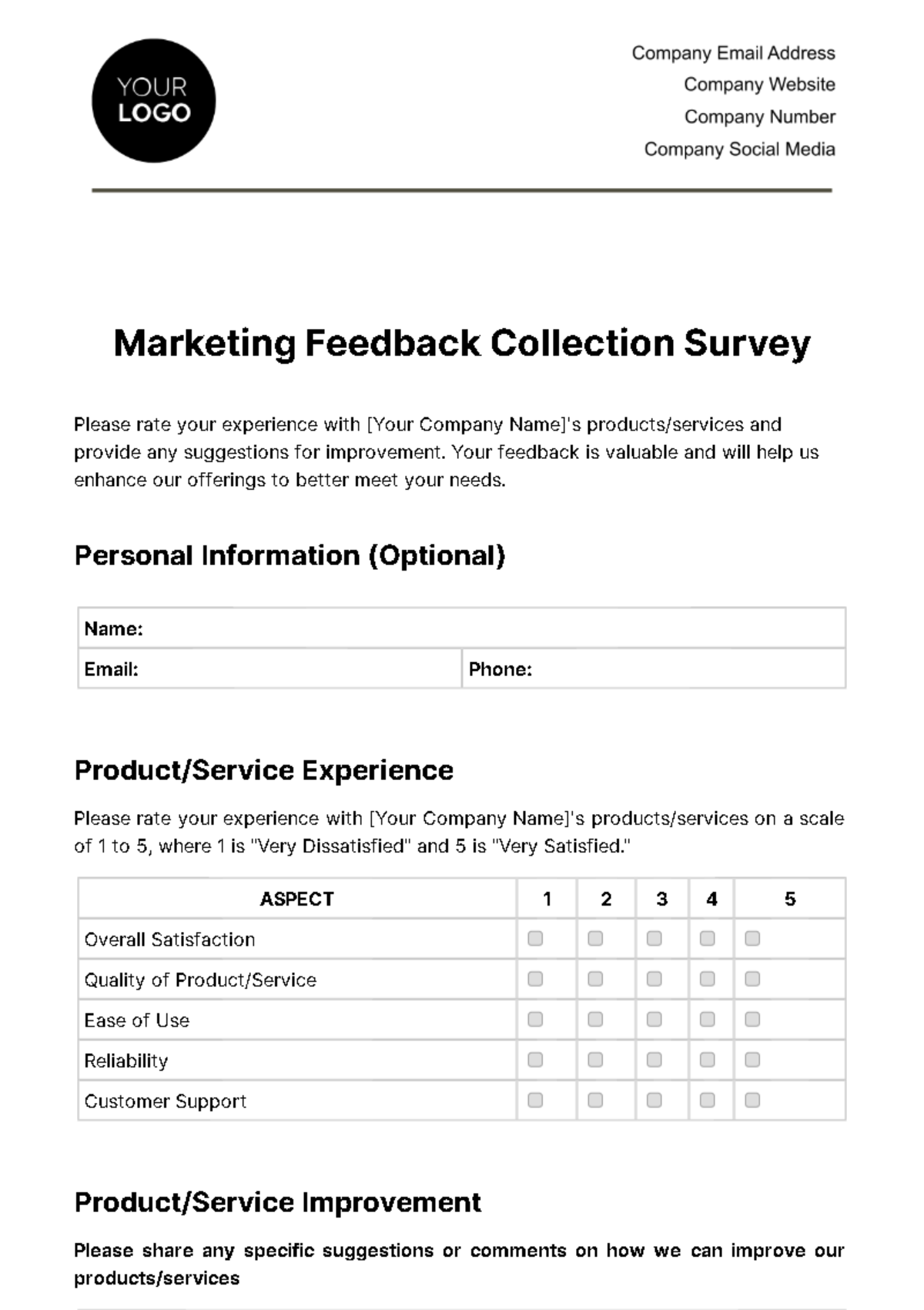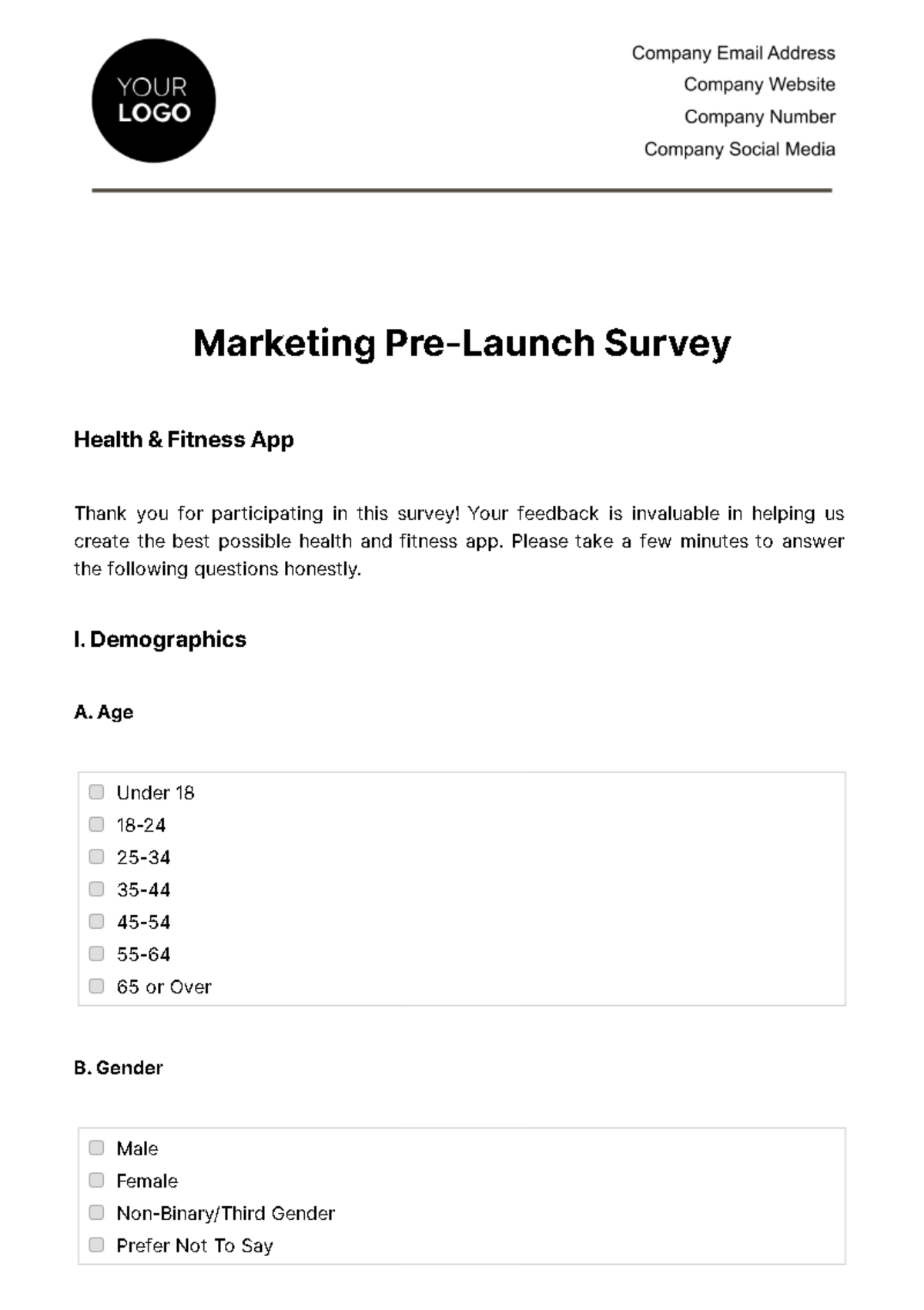Survey Pre-testing Quantitative Research
Introduction
Academic research often involves the collection of quantitative data through surveys. Ensuring the accuracy and reliability of these surveys is paramount. Pre-testing is a vital step in the survey development process that helps researchers identify and rectify potential issues before the survey is distributed to a larger audience.
Objectives
The primary objective of this pre-test is to assess the comprehensibility, relevance, and reliability of the survey questions designed to measure customer satisfaction with our recently launched eco-friendly household cleaning product. The pre-test will identify any ambiguities or biases in the questions, ensuring that the survey yields accurate and actionable insights."
Survey Questions
How satisfied are you with the performance of our eco-friendly cleaning product?
Rationale: This question aims to gauge overall satisfaction, which is a key indicator of product success.
How likely are you to recommend our eco-friendly cleaning product to your friends and family?
Rationale: This question measures the Net Promoter Score (NPS), an essential metric for understanding customer loyalty.
Which feature of our eco-friendly cleaning product do you find most valuable?
Rationale: This question helps identify which product attributes are most important to customers, guiding future product development.
Methodology
"A pilot group of 50 participants, representative of our target demographic (ages 25-45, urban residents, environmentally conscious), was selected for the pre-test. The survey was administered online via a secure survey platform. Participants were asked to complete the survey and then provide detailed feedback on the clarity, relevance, and ease of understanding of each question. The pre-test also included an optional debrief session where participants could discuss their thoughts in a focus group setting."
Pilot Test Results
Question 1: 88% of participants expressed satisfaction with the product, with 92% finding the question straightforward. However, 10% suggested that the term "performance" be defined more clearly.
Question 2: 80% of participants responded positively, but 20% felt the question could be improved by specifying a time frame (e.g., "in the next month").
Question 3: 55% of participants selected "effectiveness" as the most valuable feature, while 25% chose "sustainability." Several participants suggested adding a feature related to "affordability."
Recommendations for Revision
Question 1: Reword the question to "How satisfied are you with the cleaning effectiveness of our eco-friendly product?" to reduce ambiguity.
Question 2: Modify the question to "How likely are you to recommend our eco-friendly cleaning product to your friends and family within the next month?" to provide a clearer context.
Question 3: Include an additional feature option for "affordability" and rephrase the question to allow for multiple selections if necessary.
Conclusion
The pre-test successfully identified key areas for improvement in the survey design. The feedback highlighted the need for clearer language and additional options in the feature-related question. These revisions will be implemented, followed by a second round of pre-testing with a new group of participants to ensure the survey's effectiveness. The final survey is scheduled for distribution in Q4 2050.
